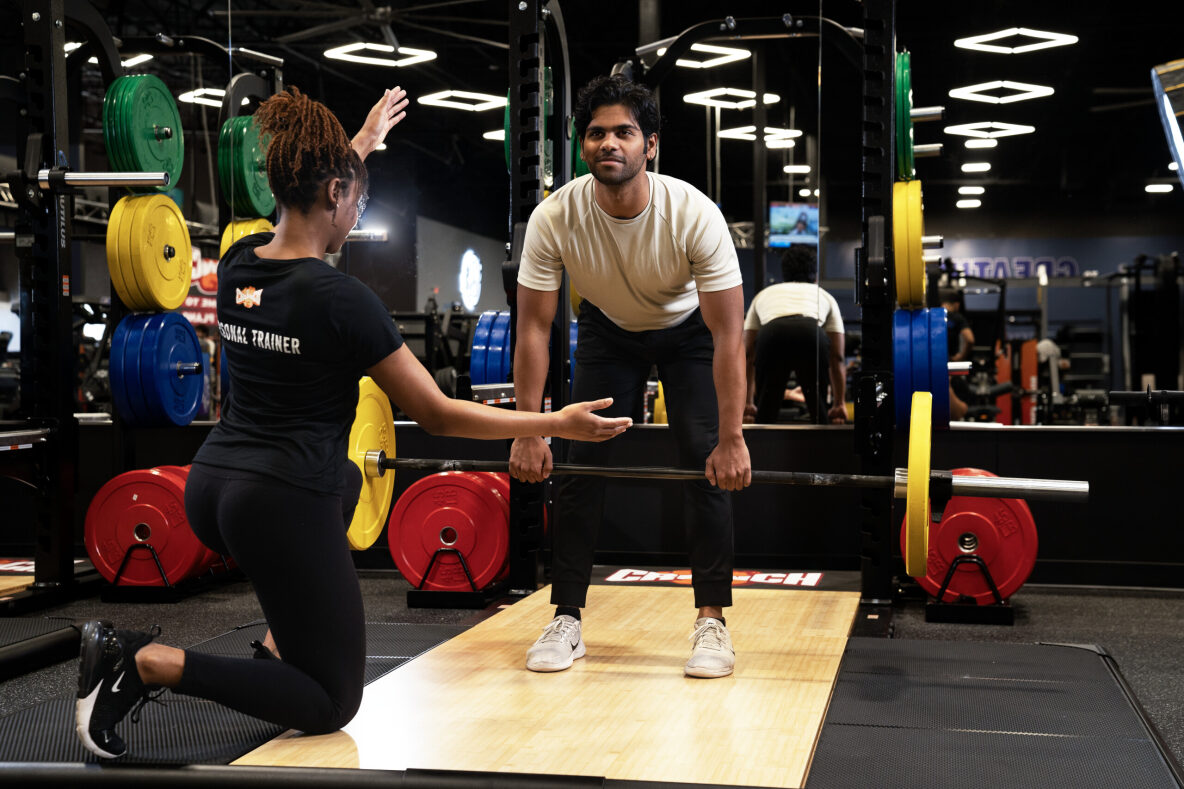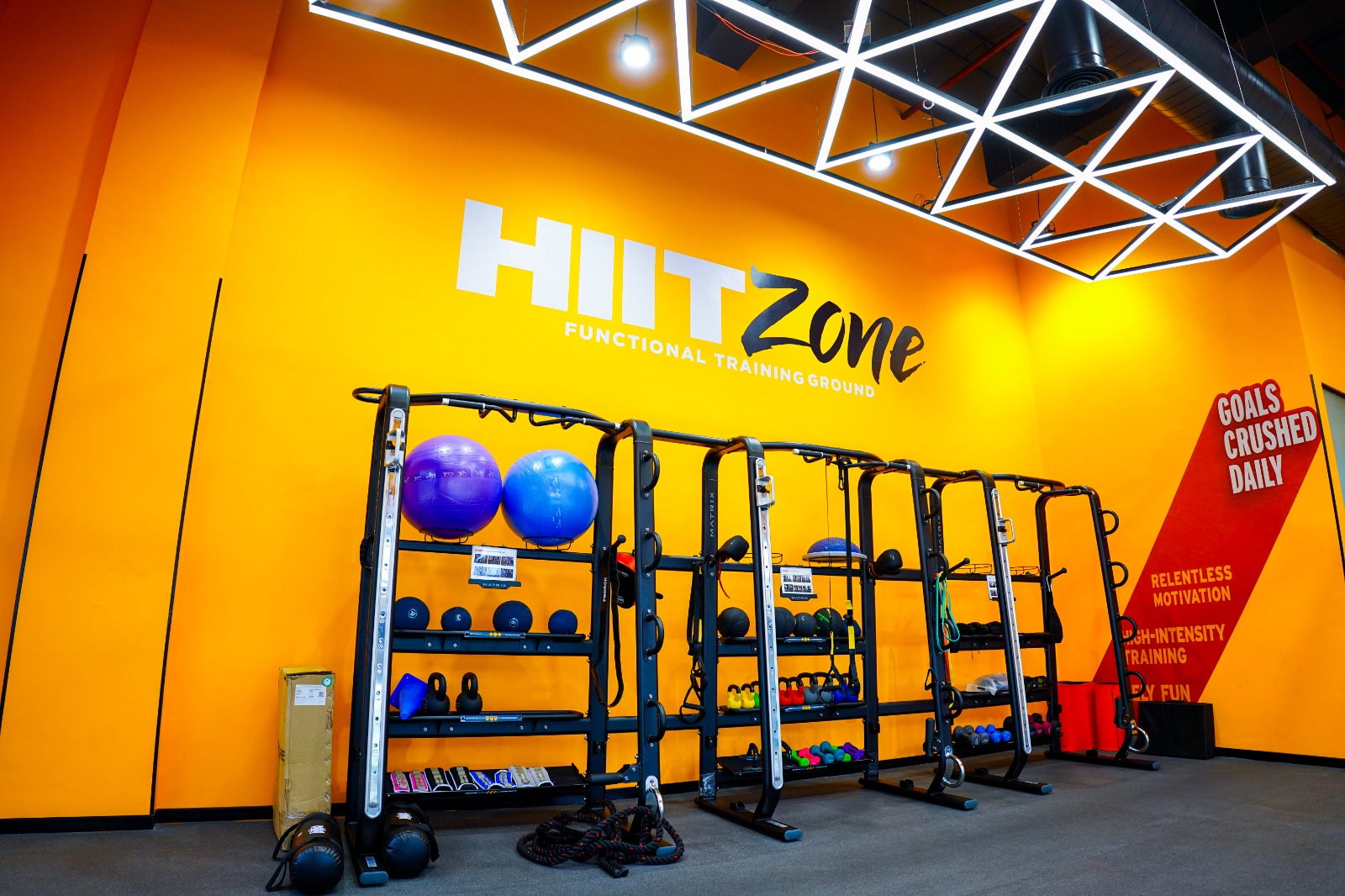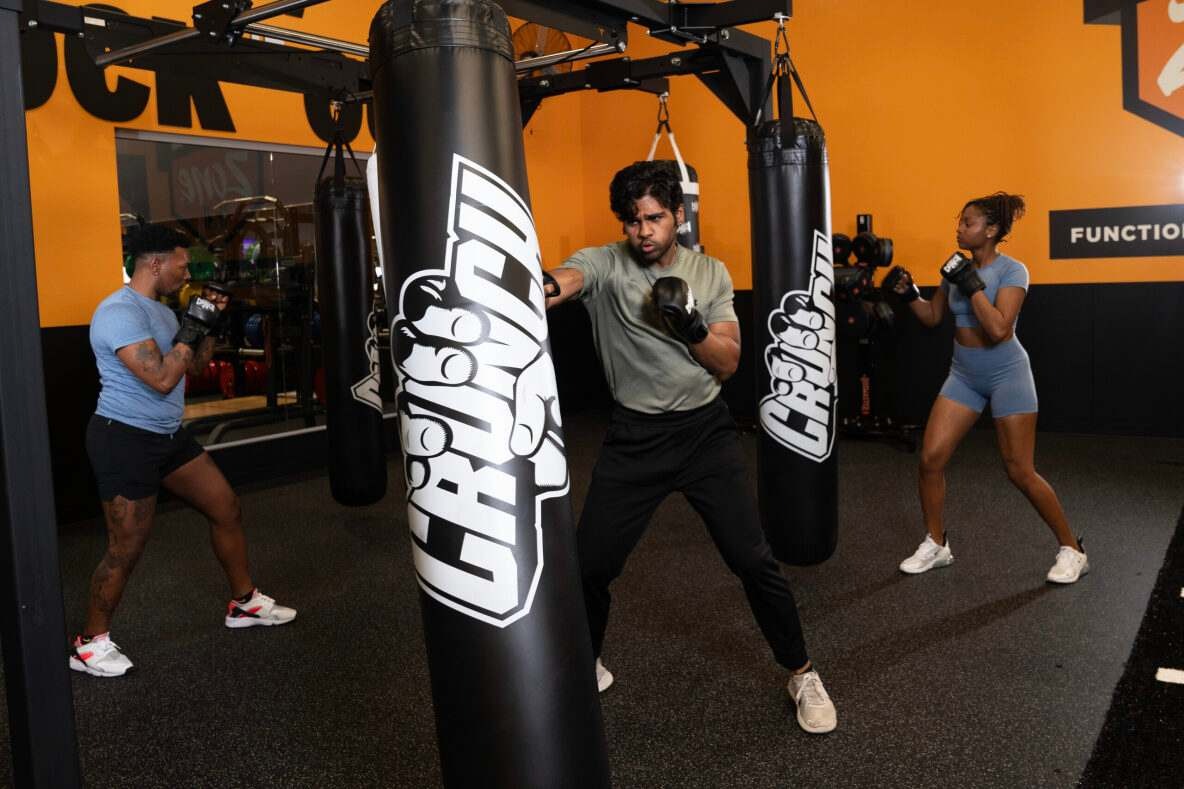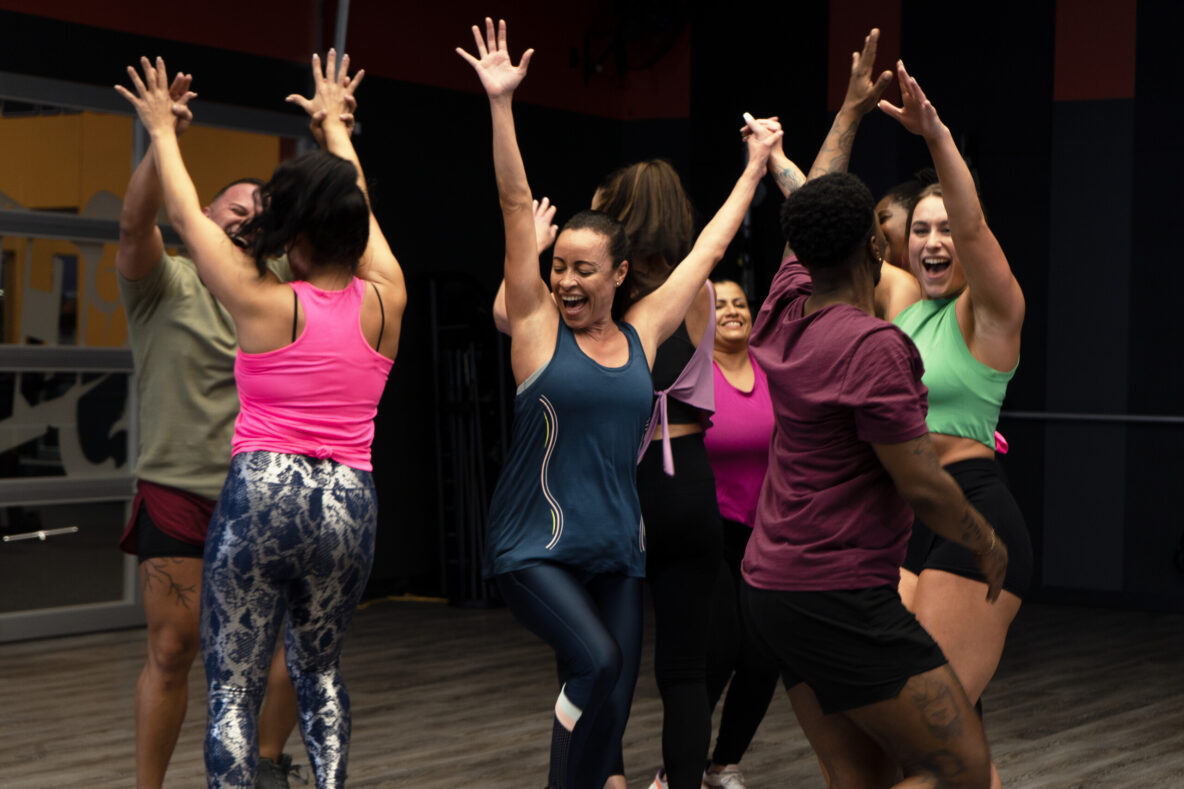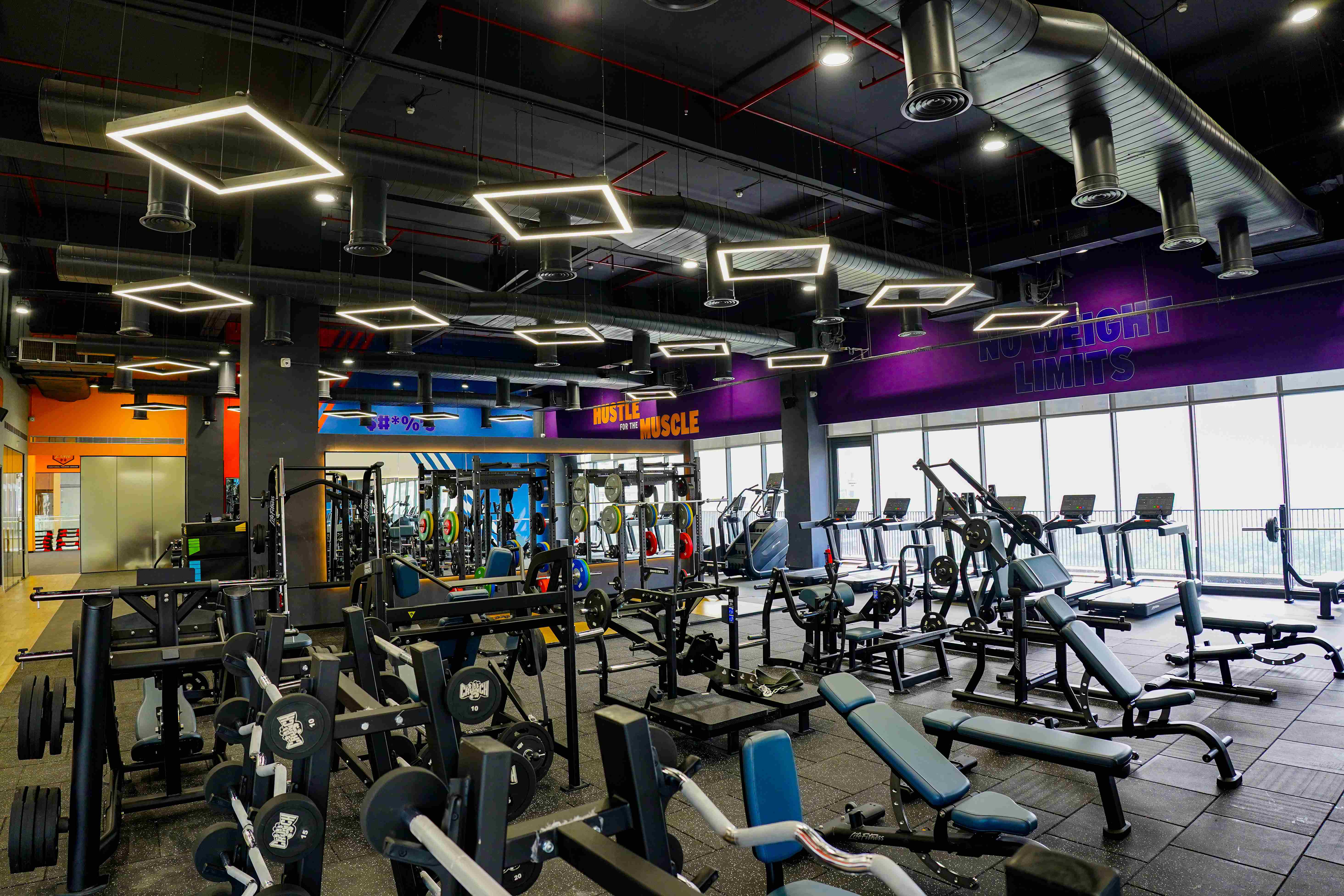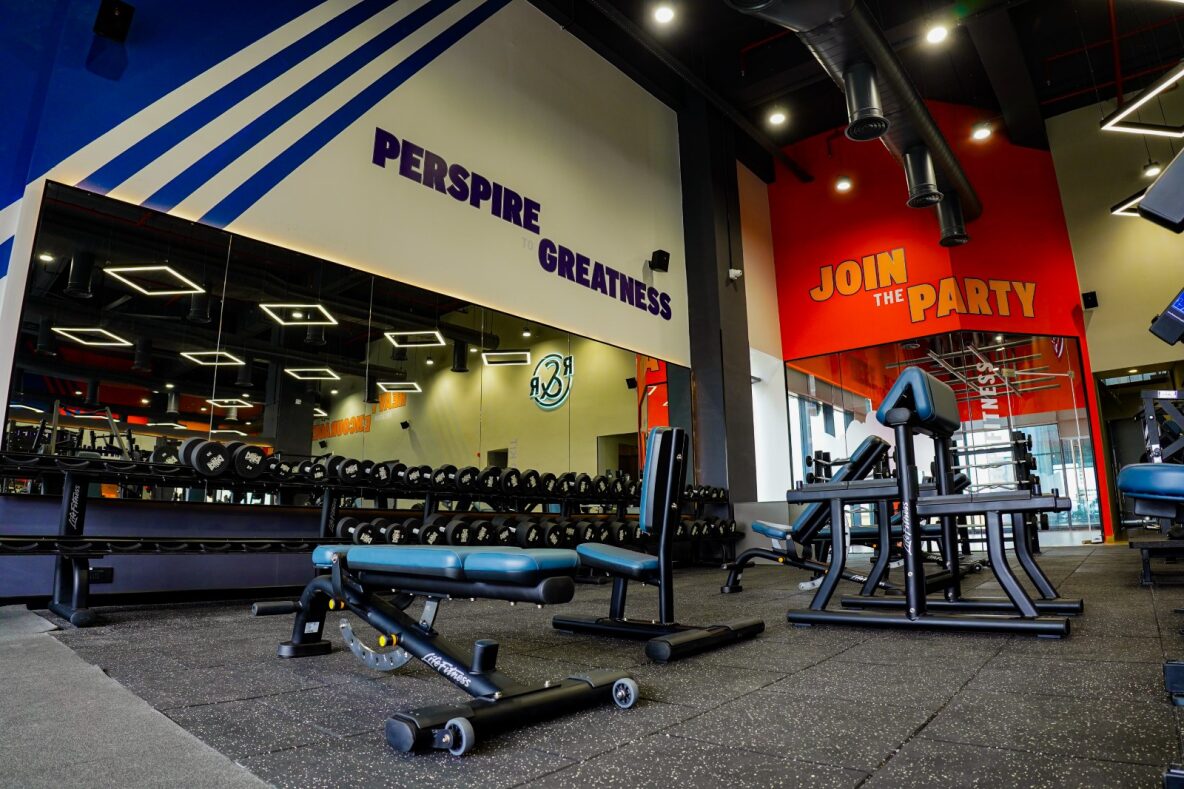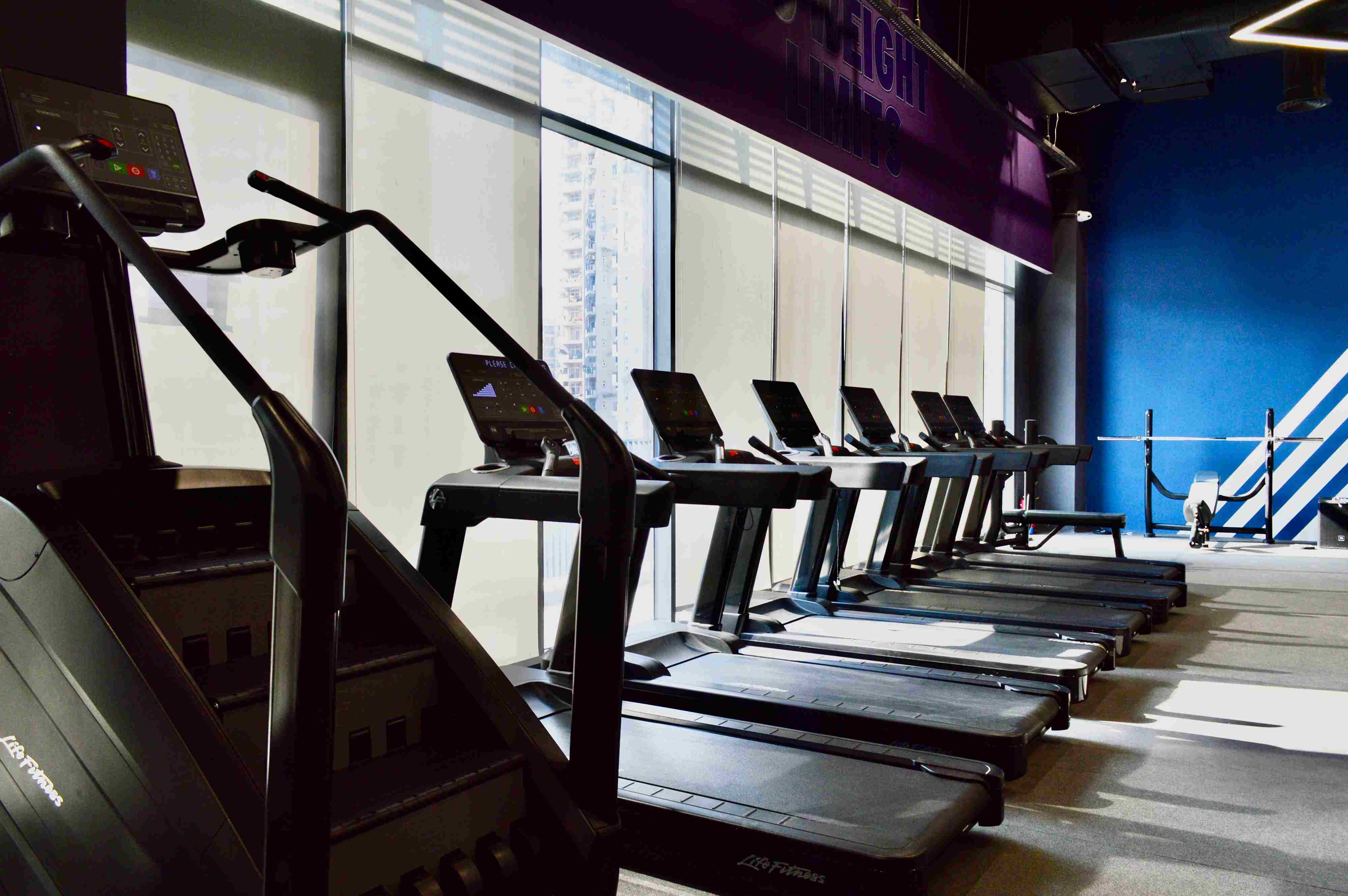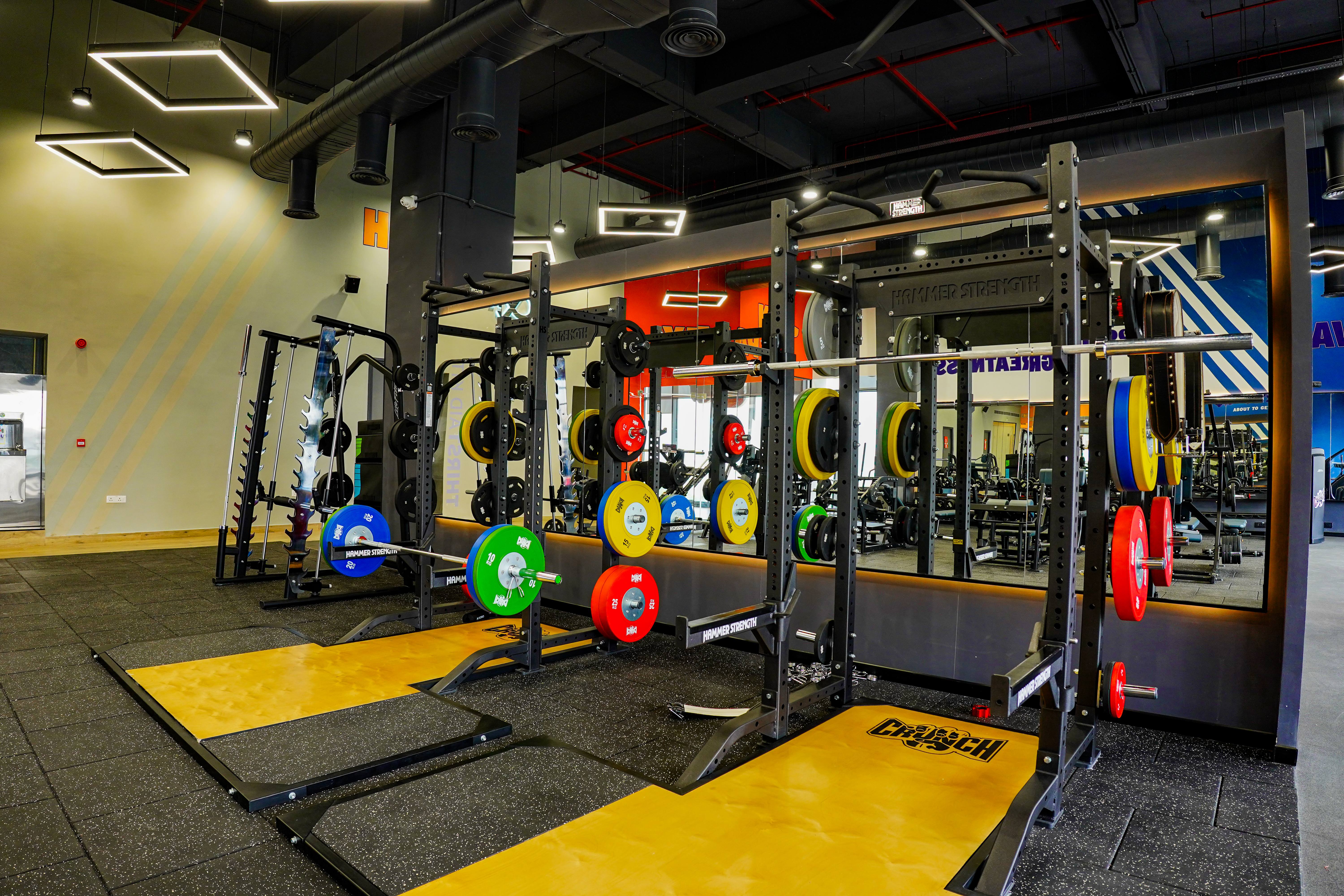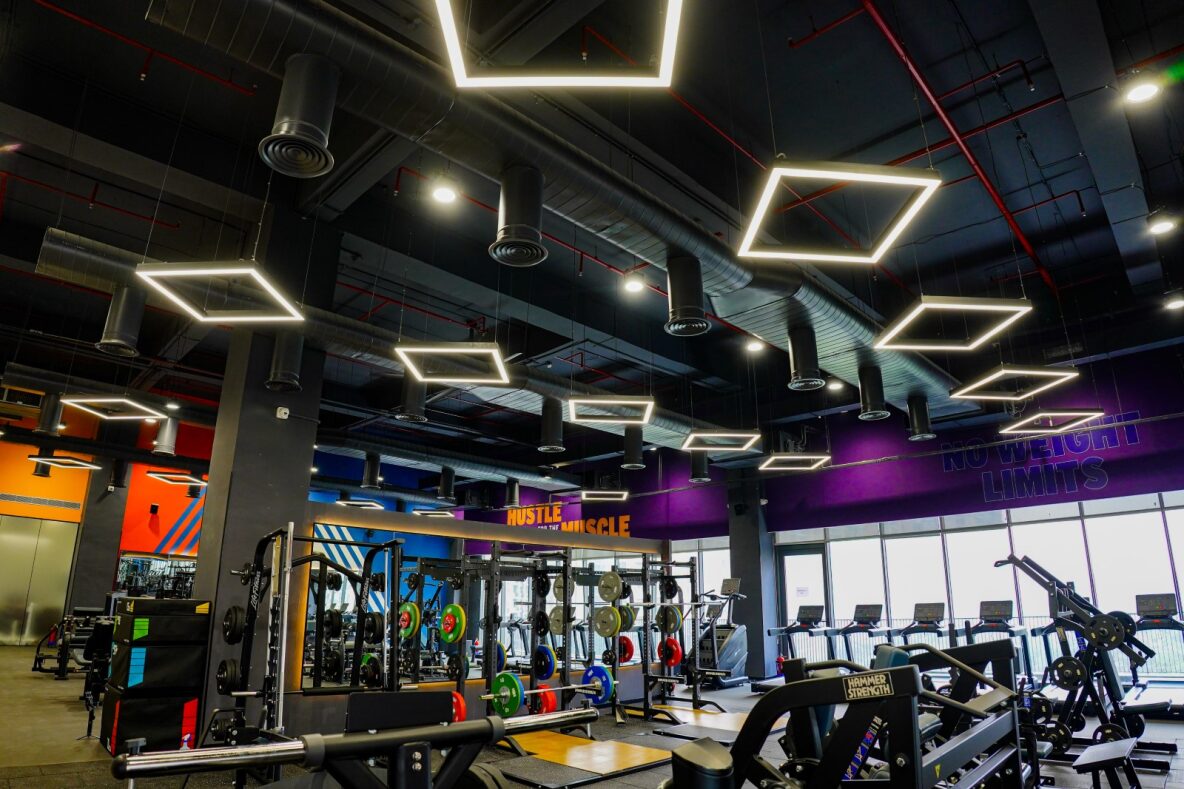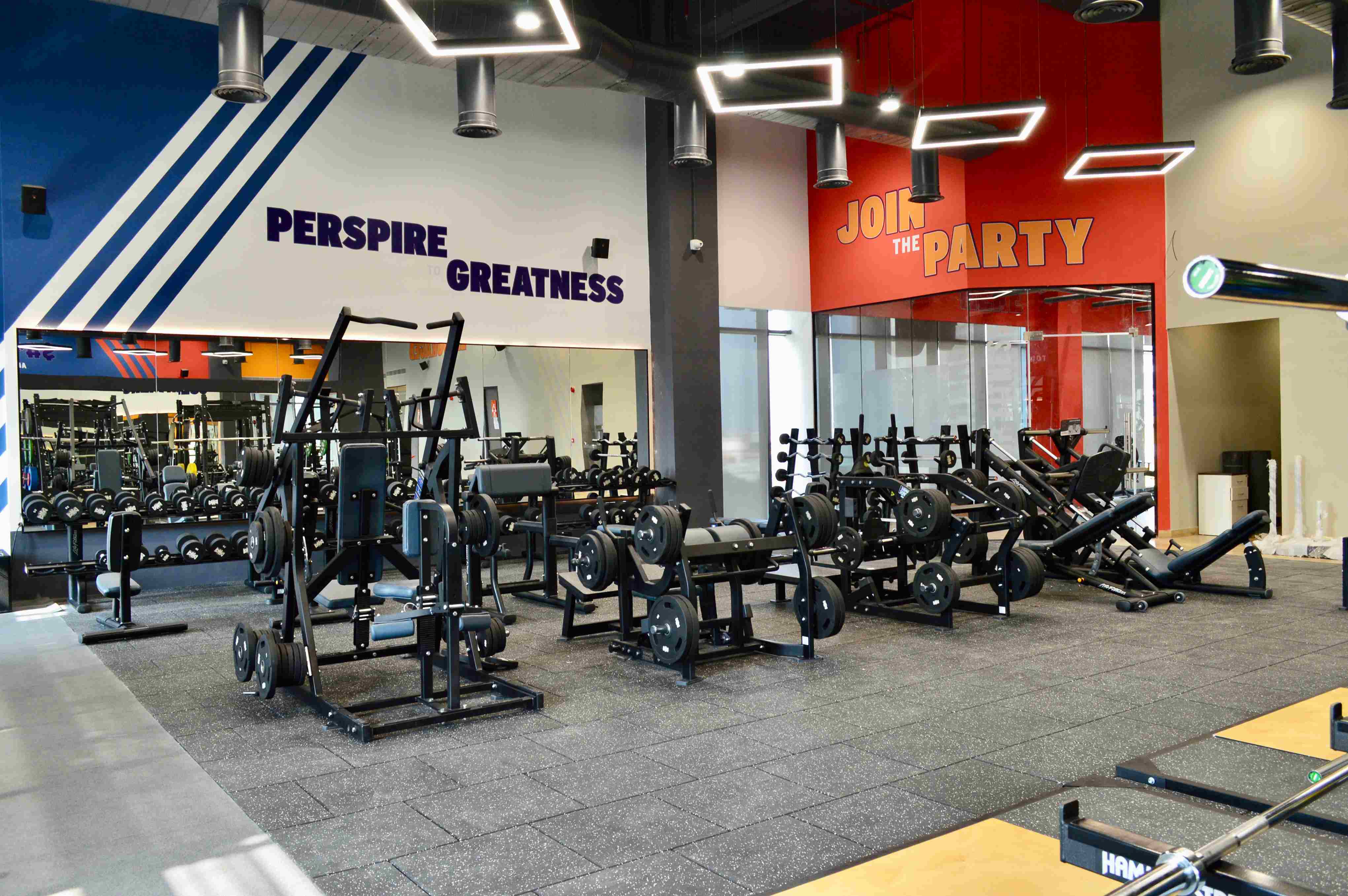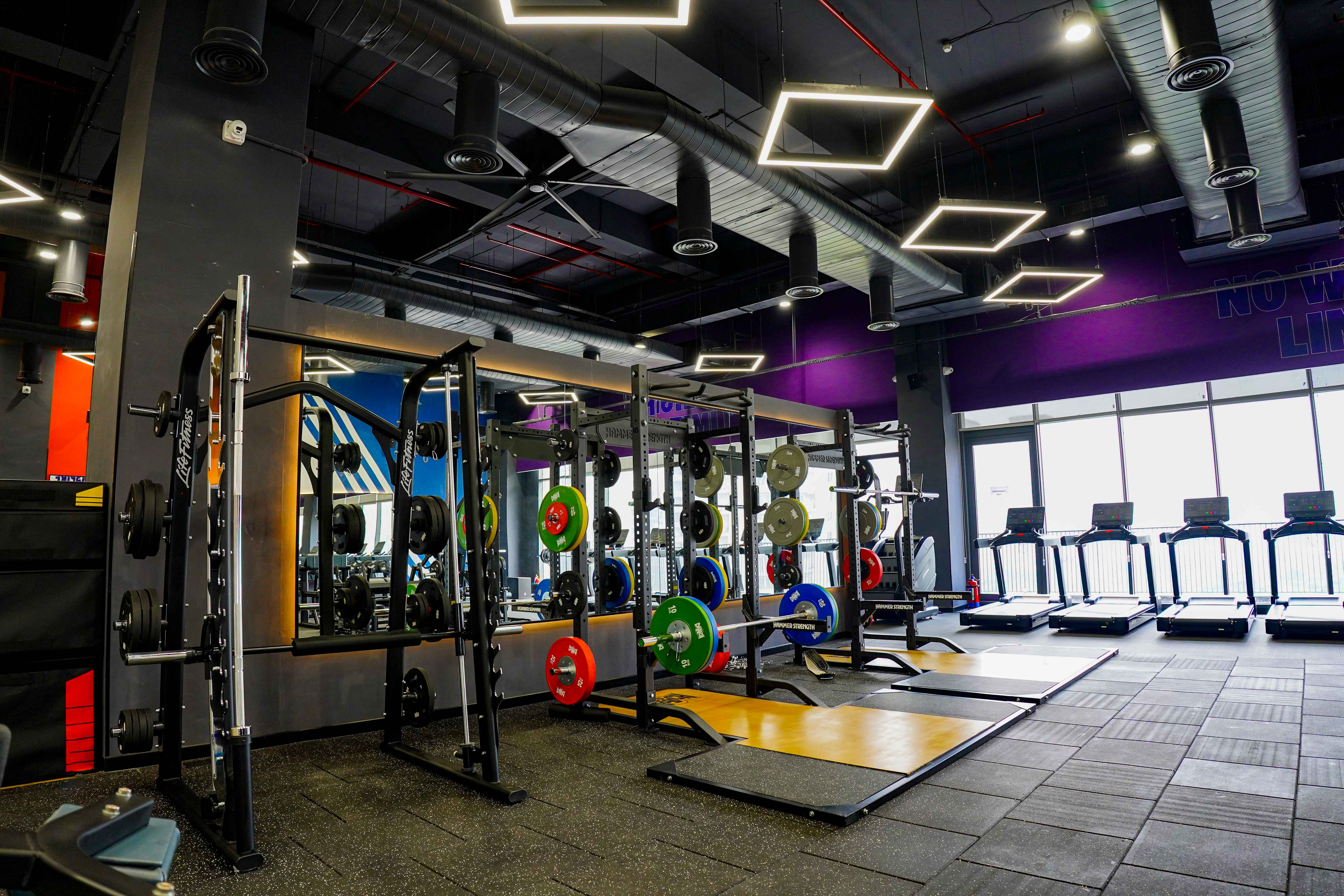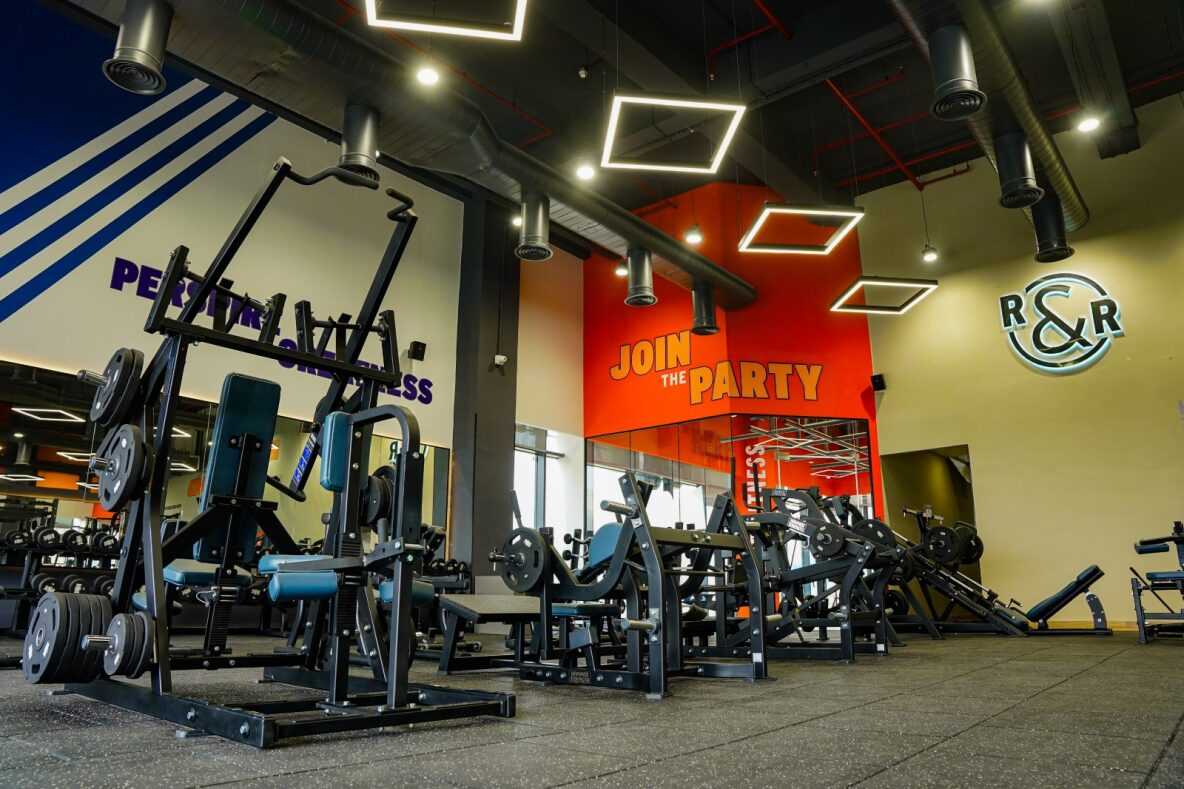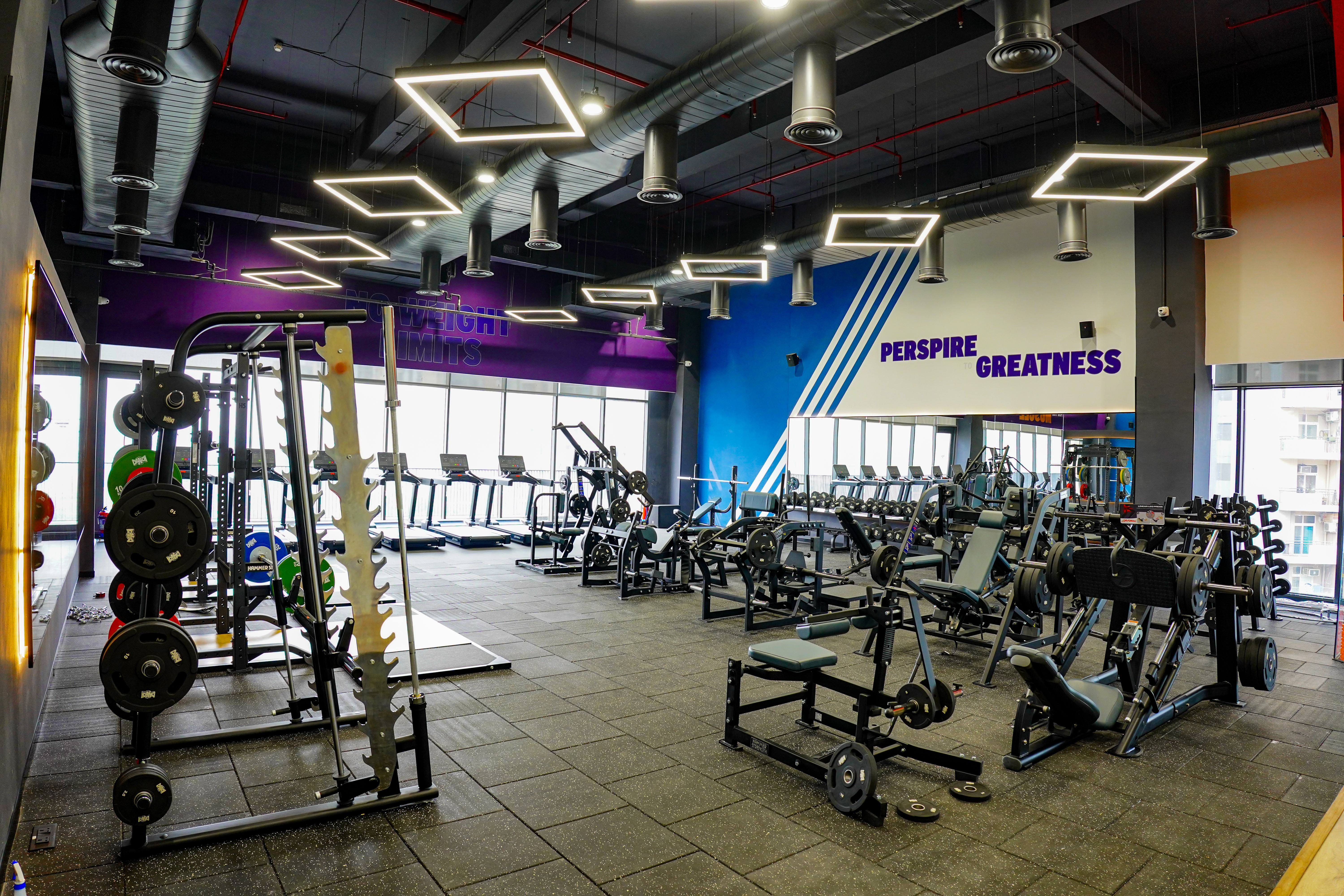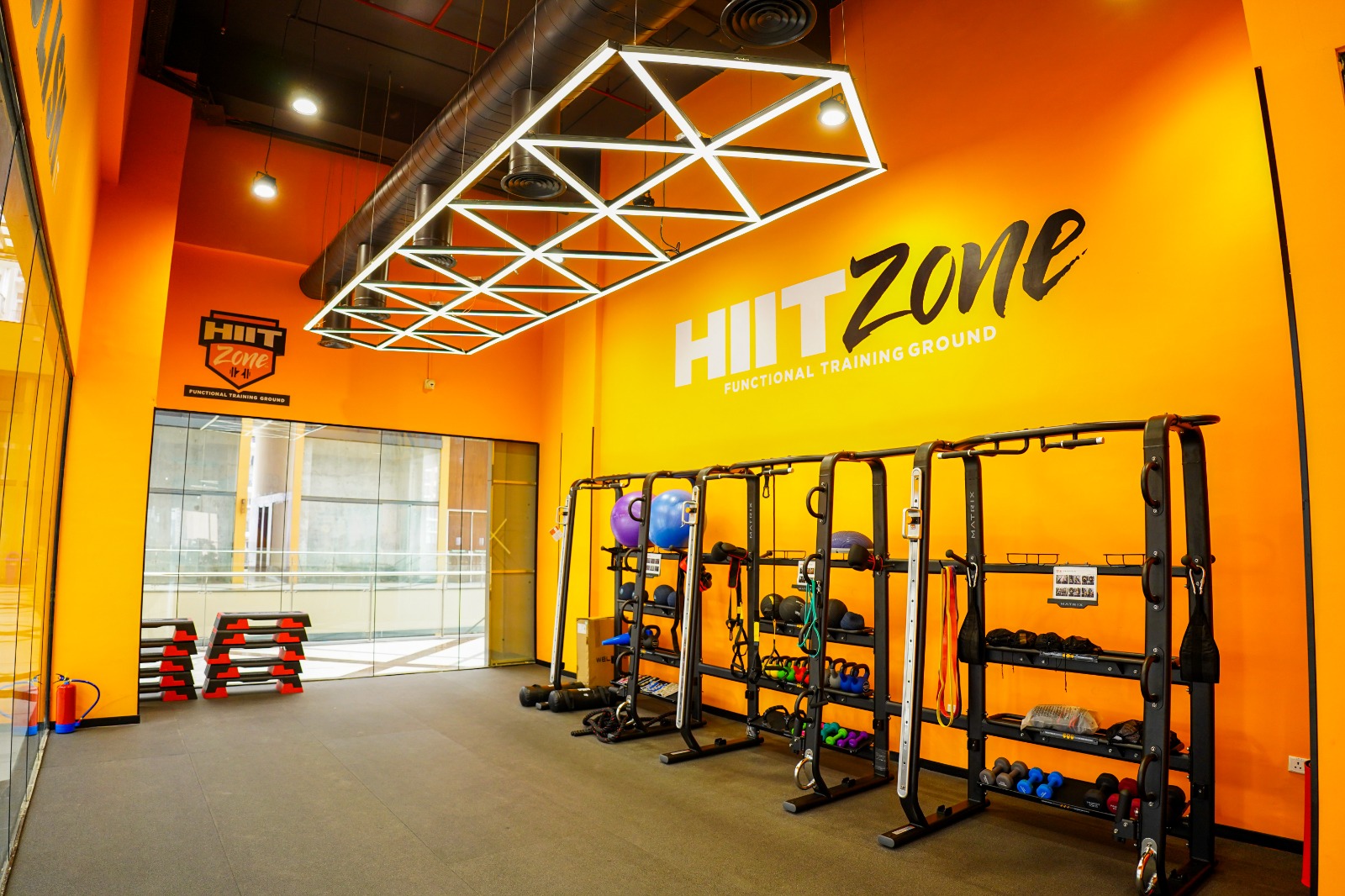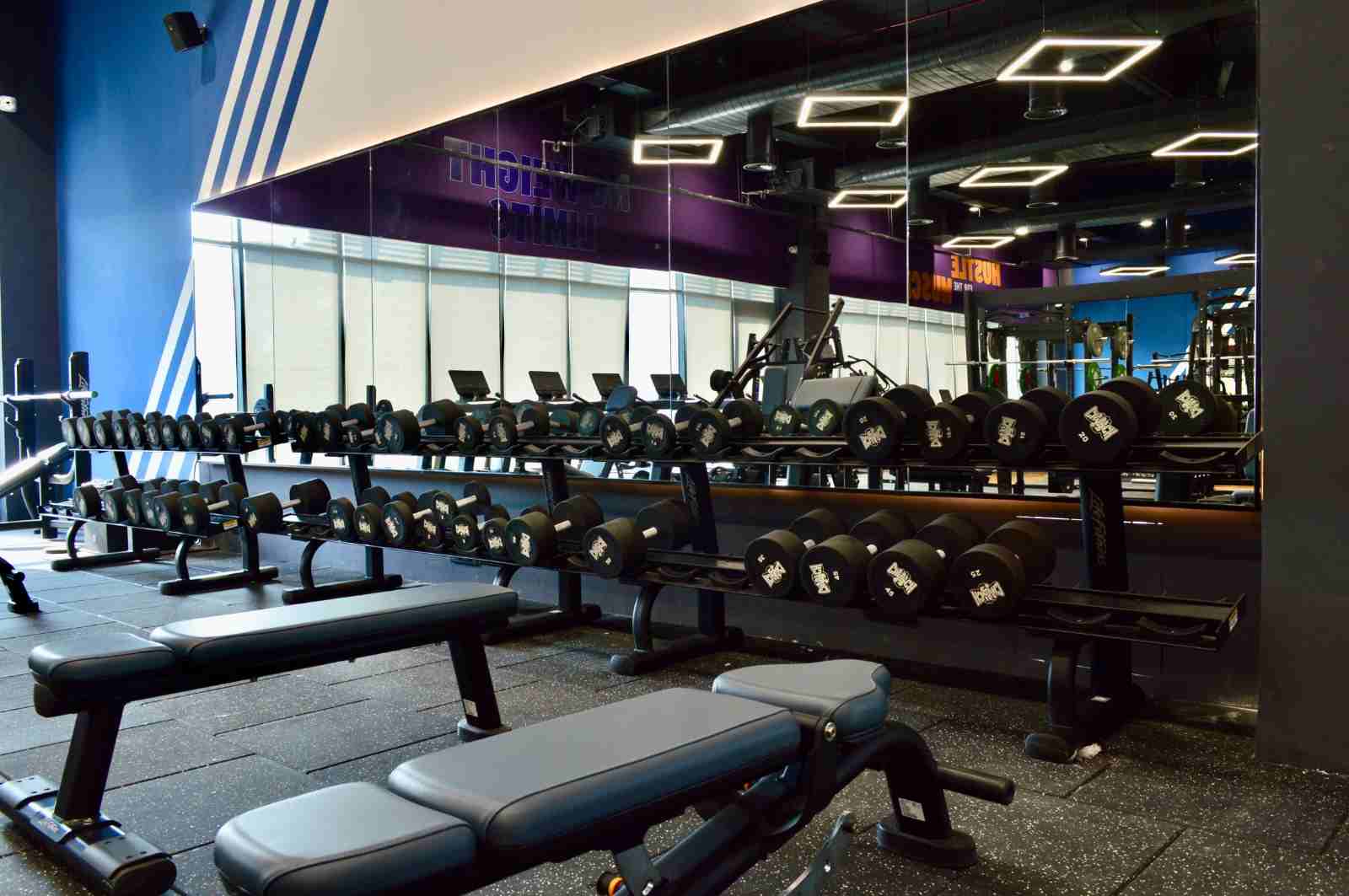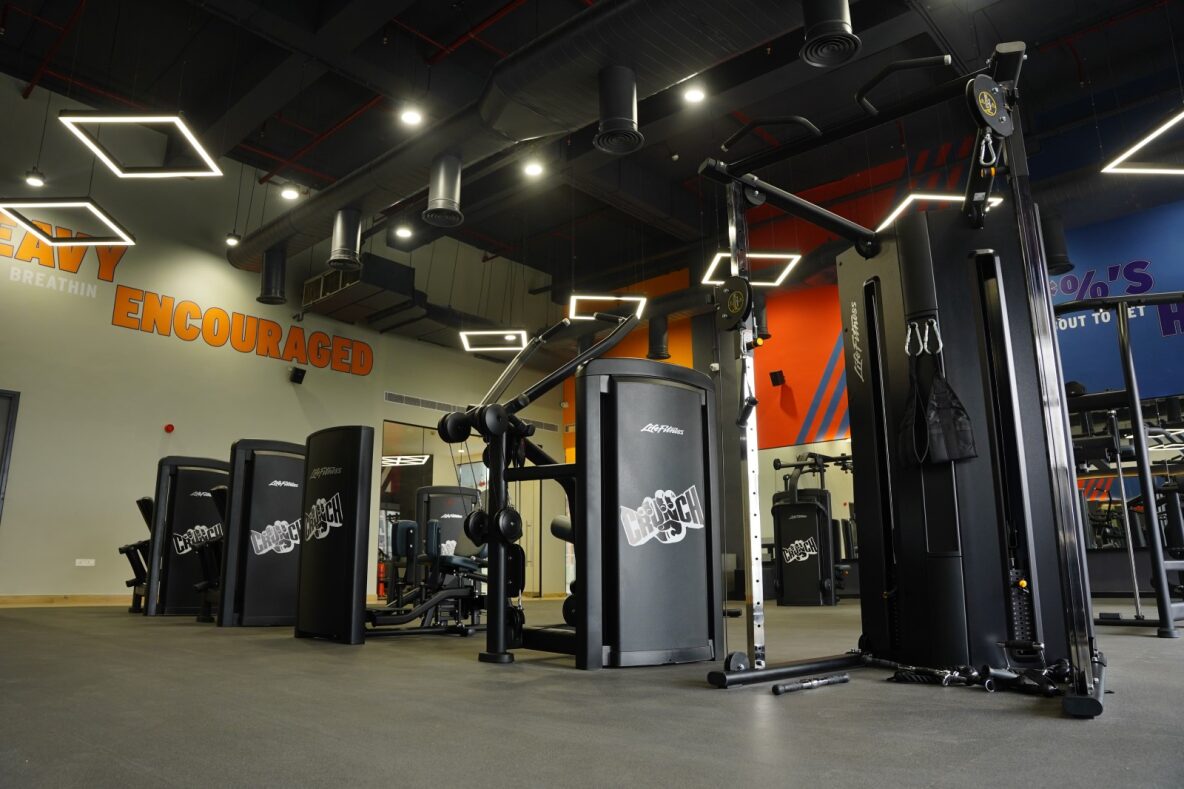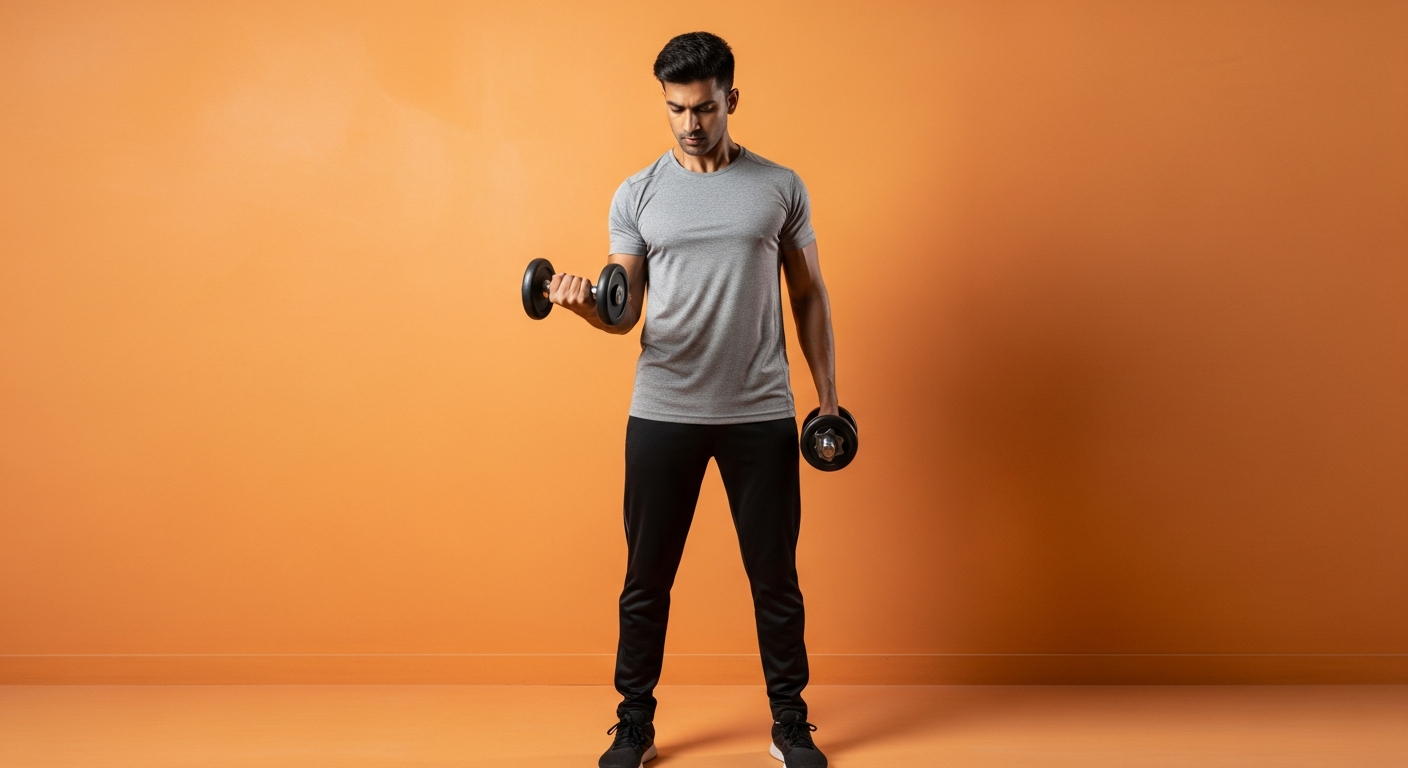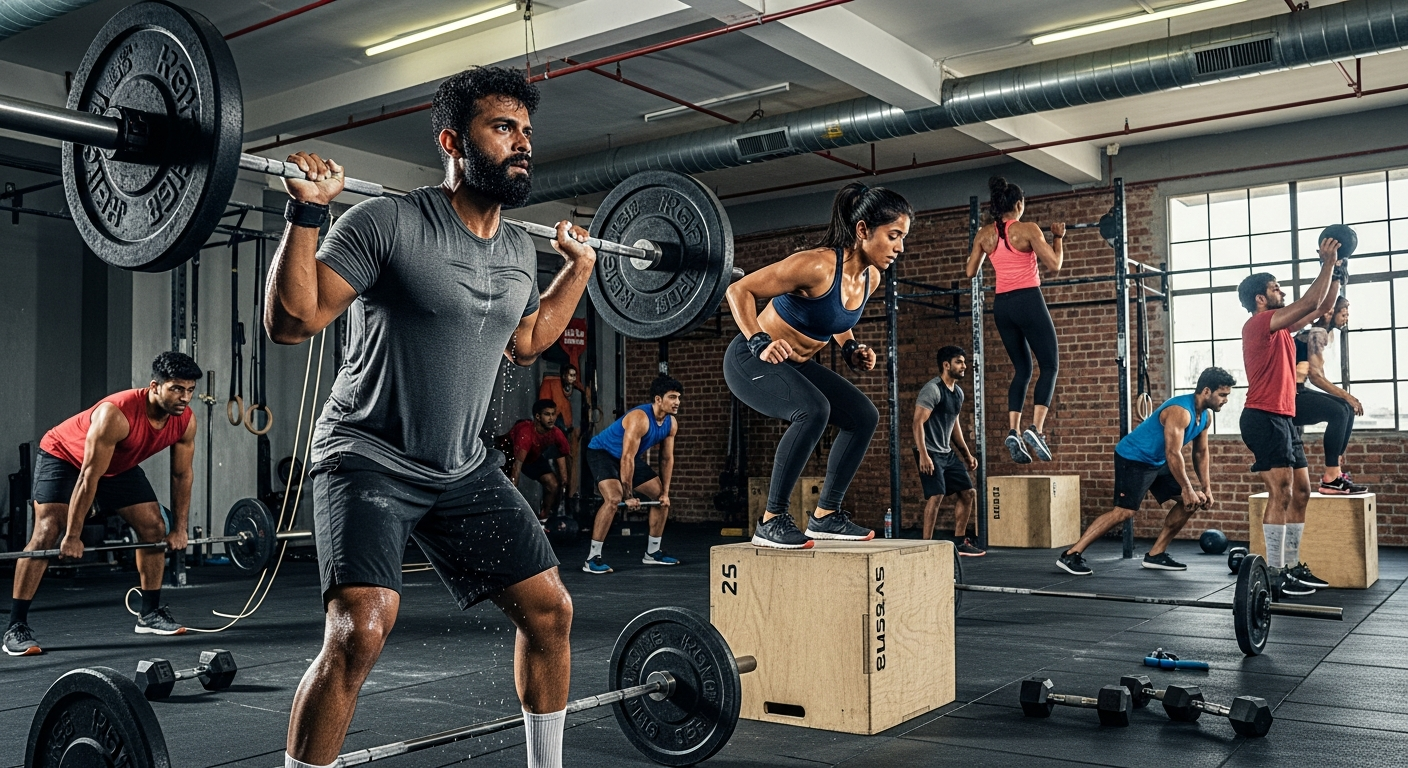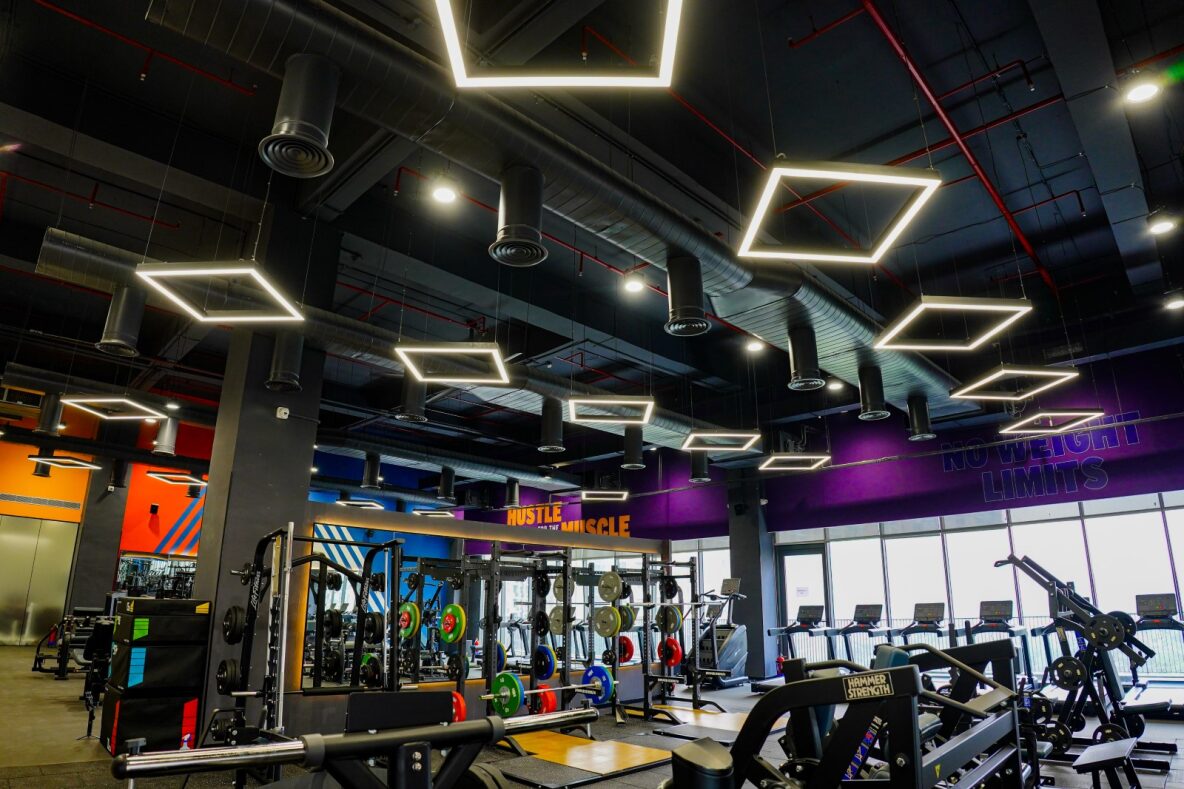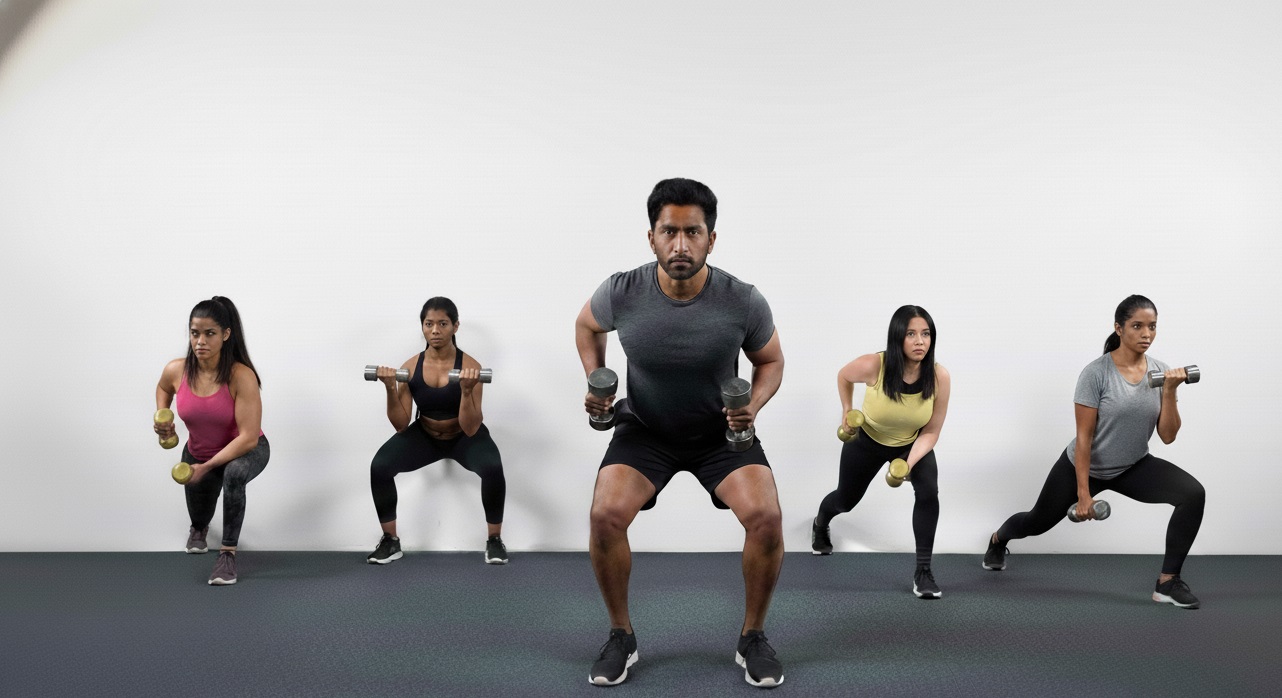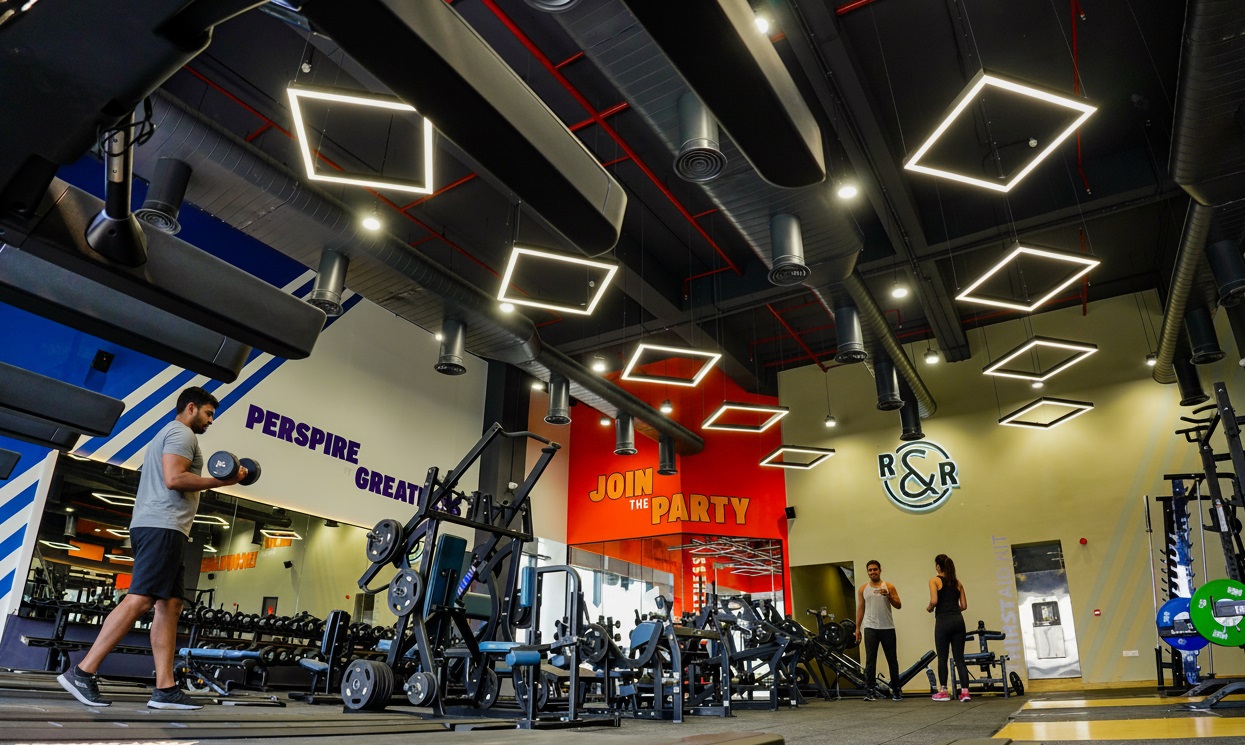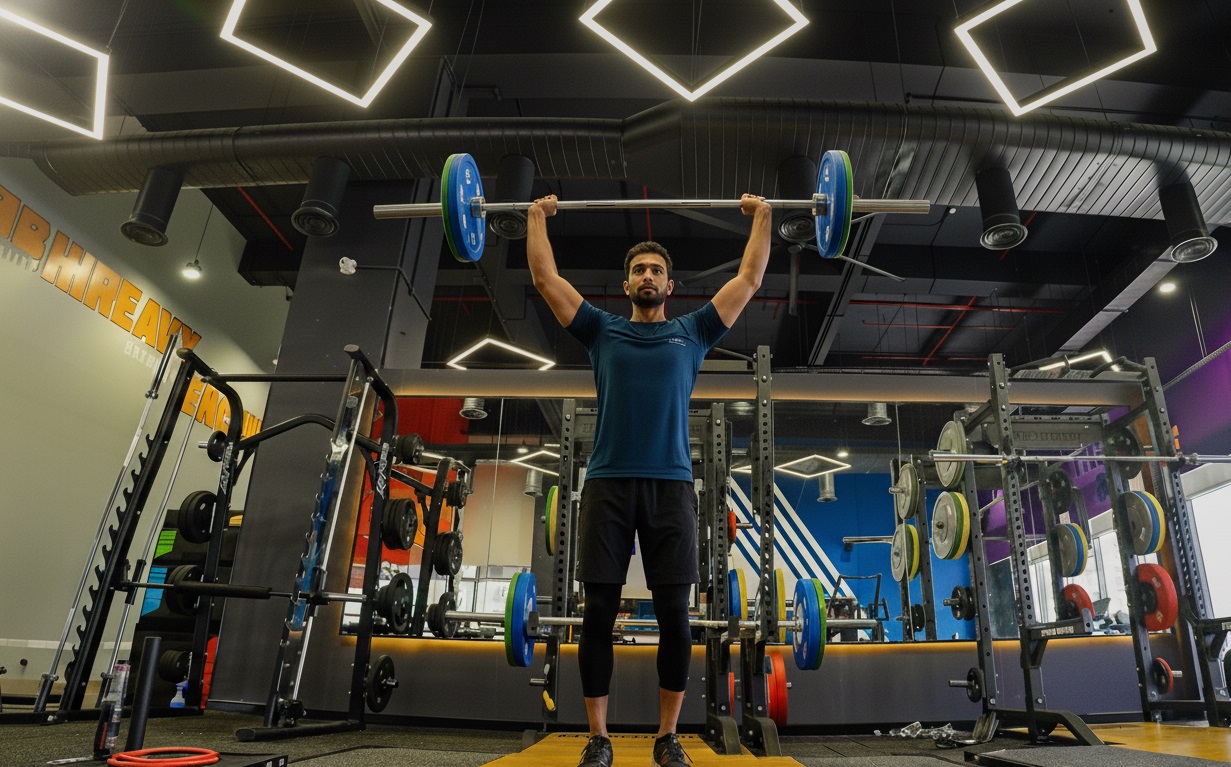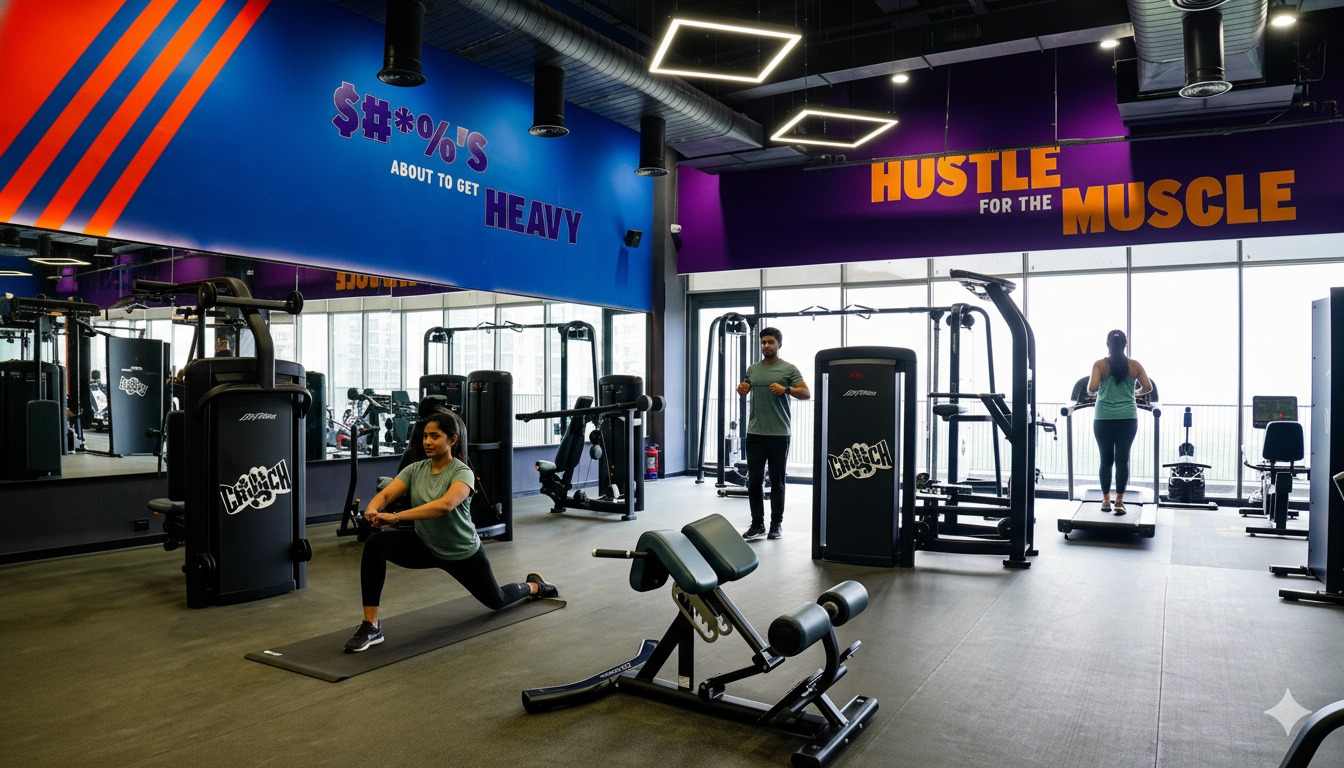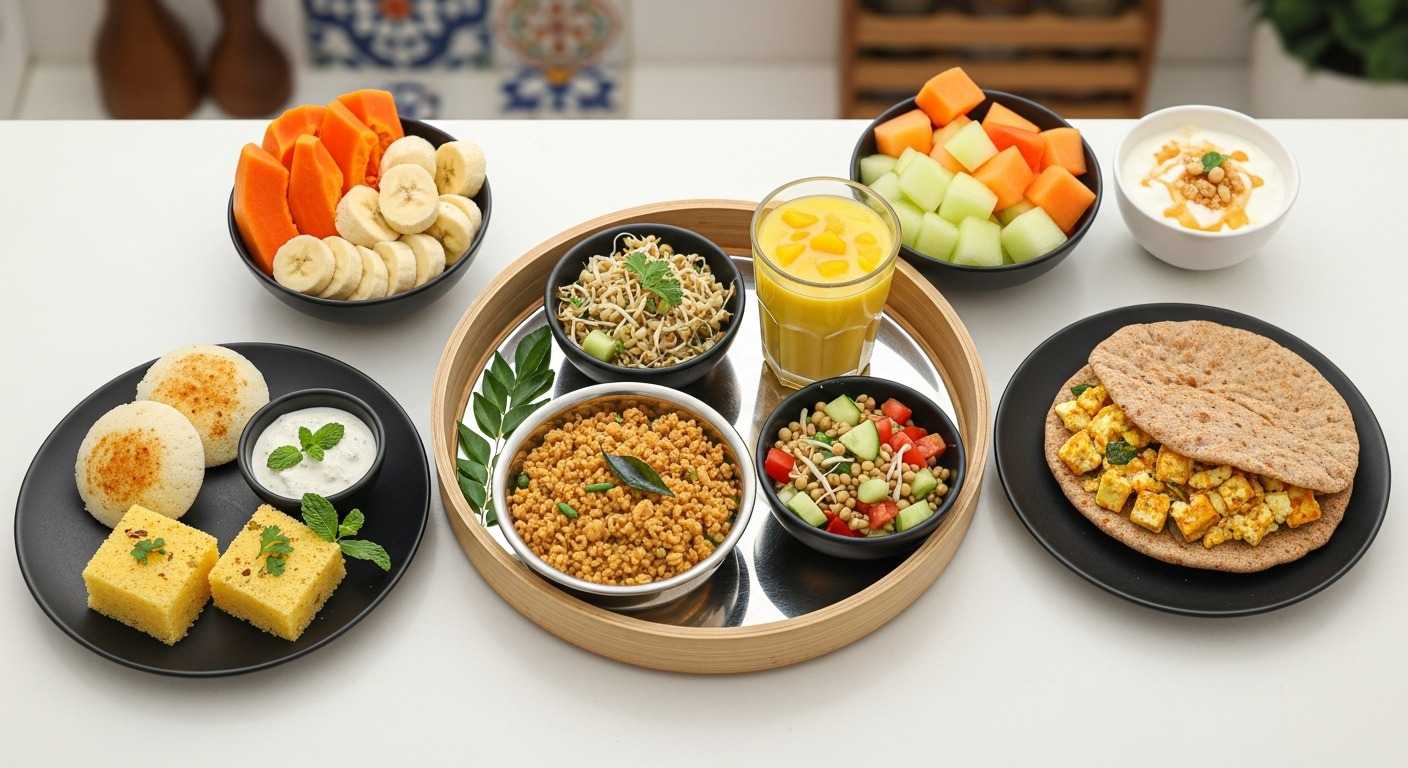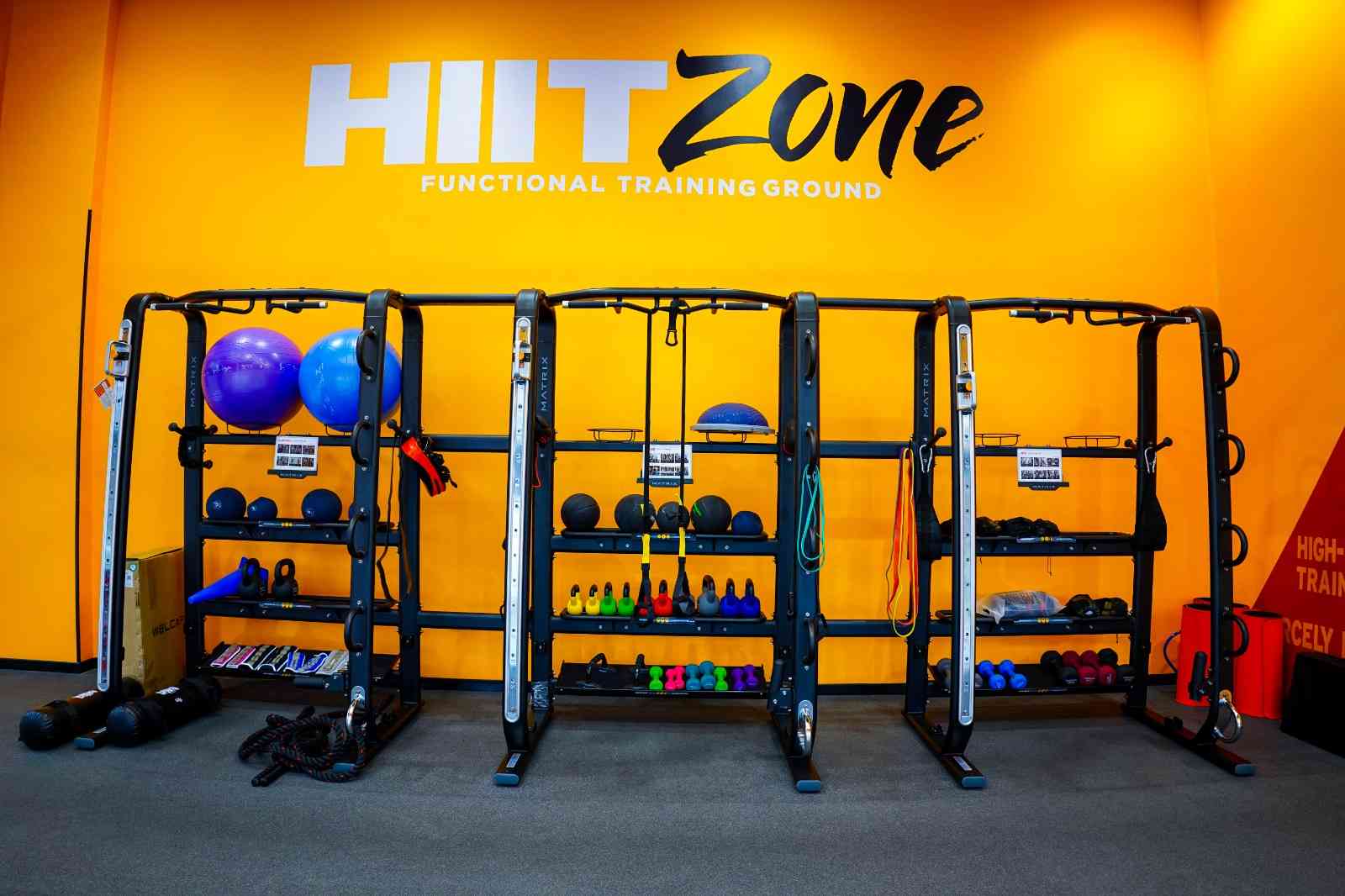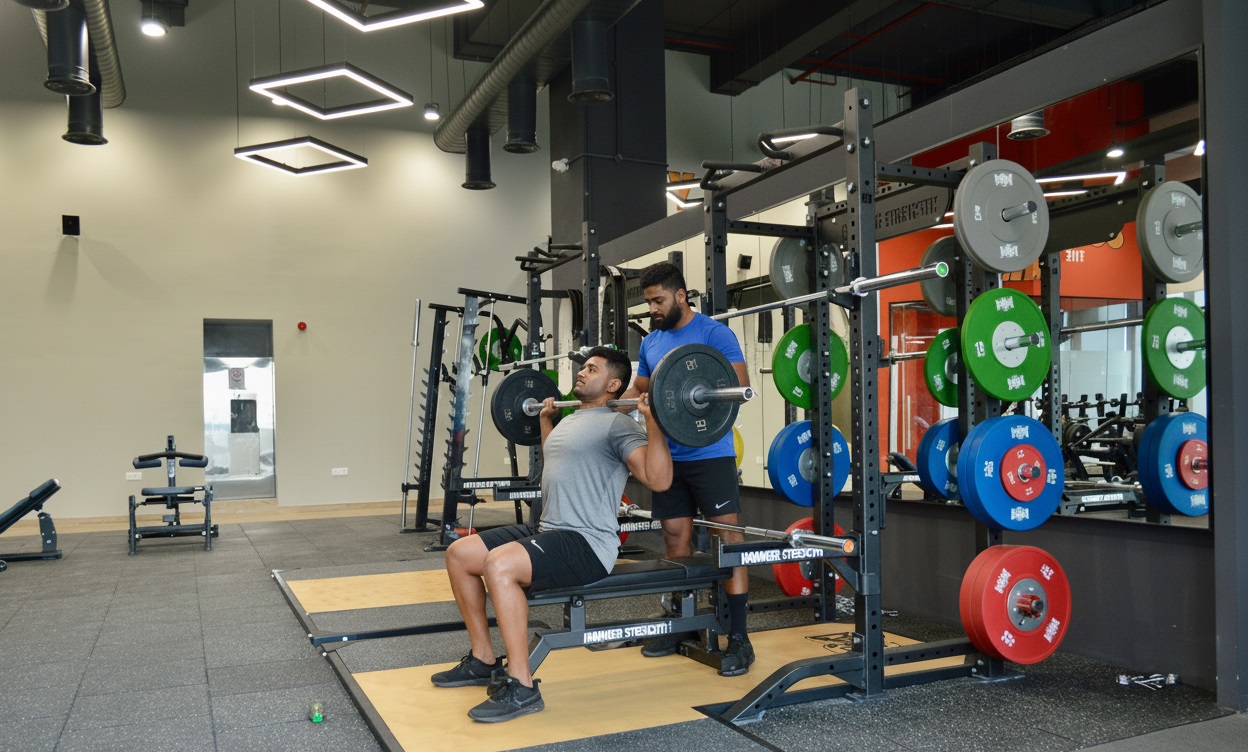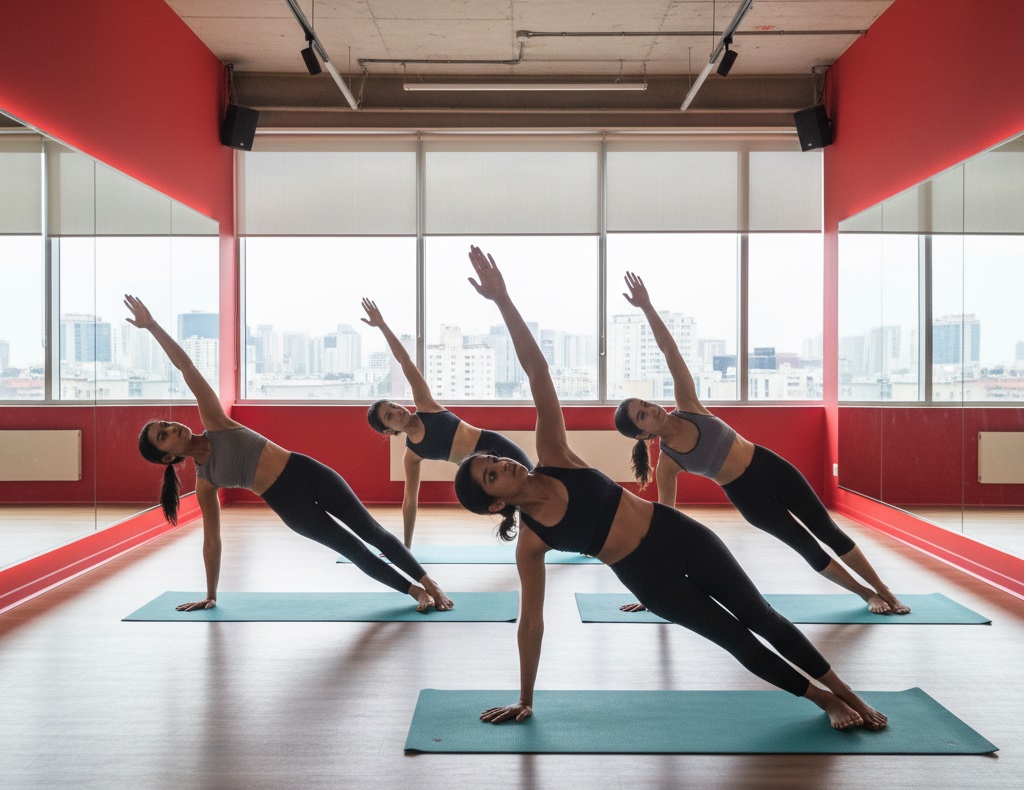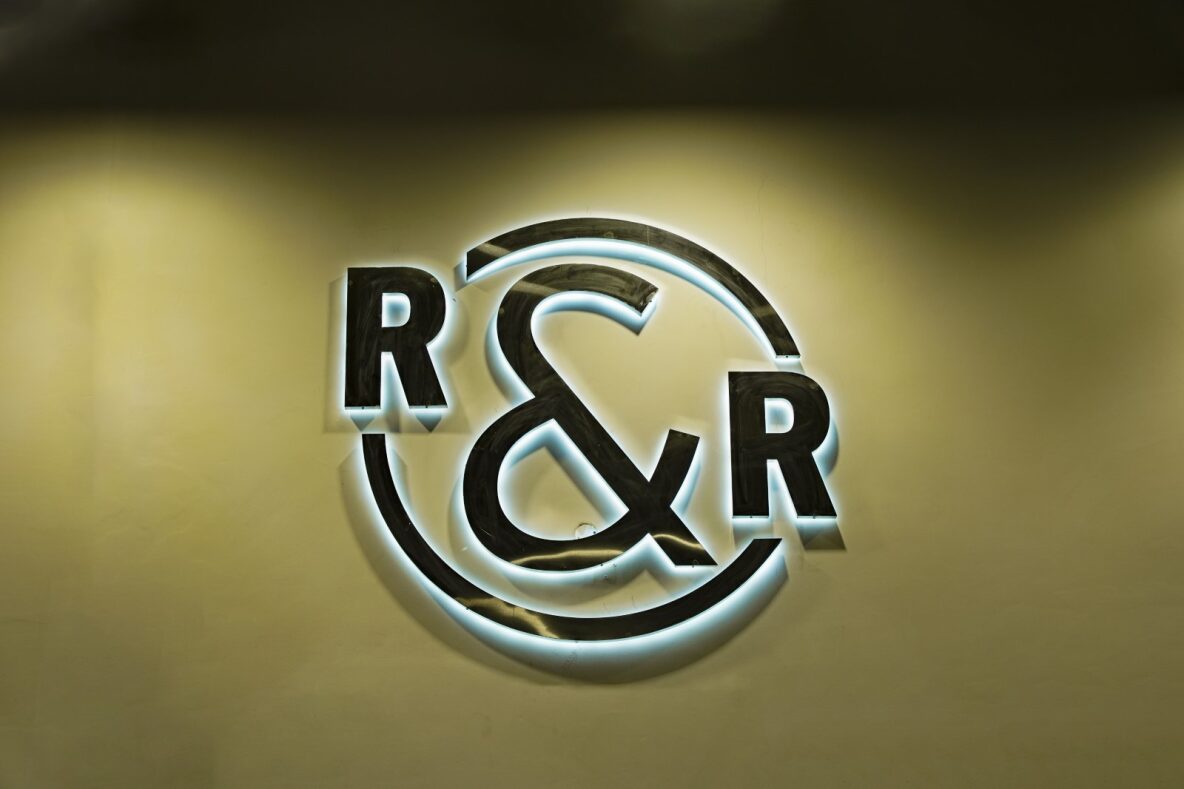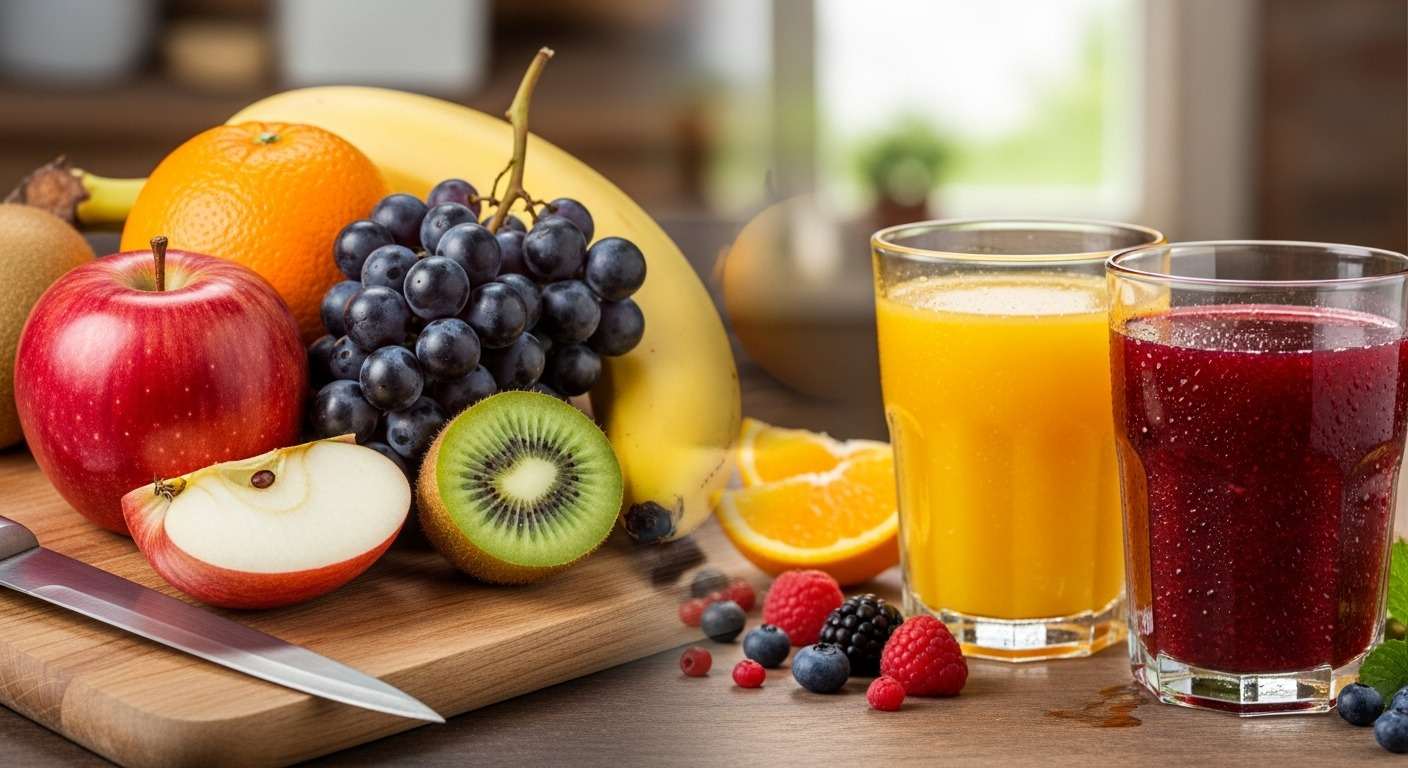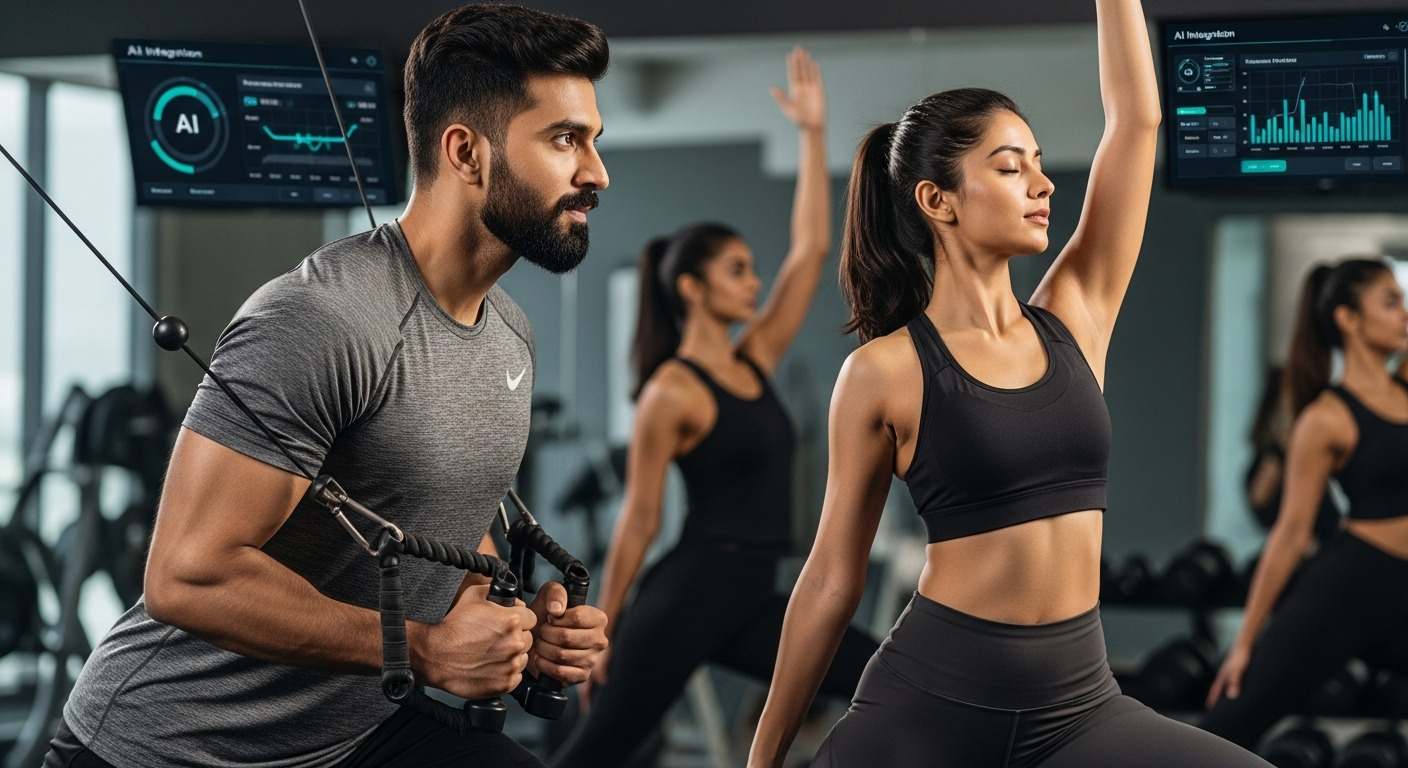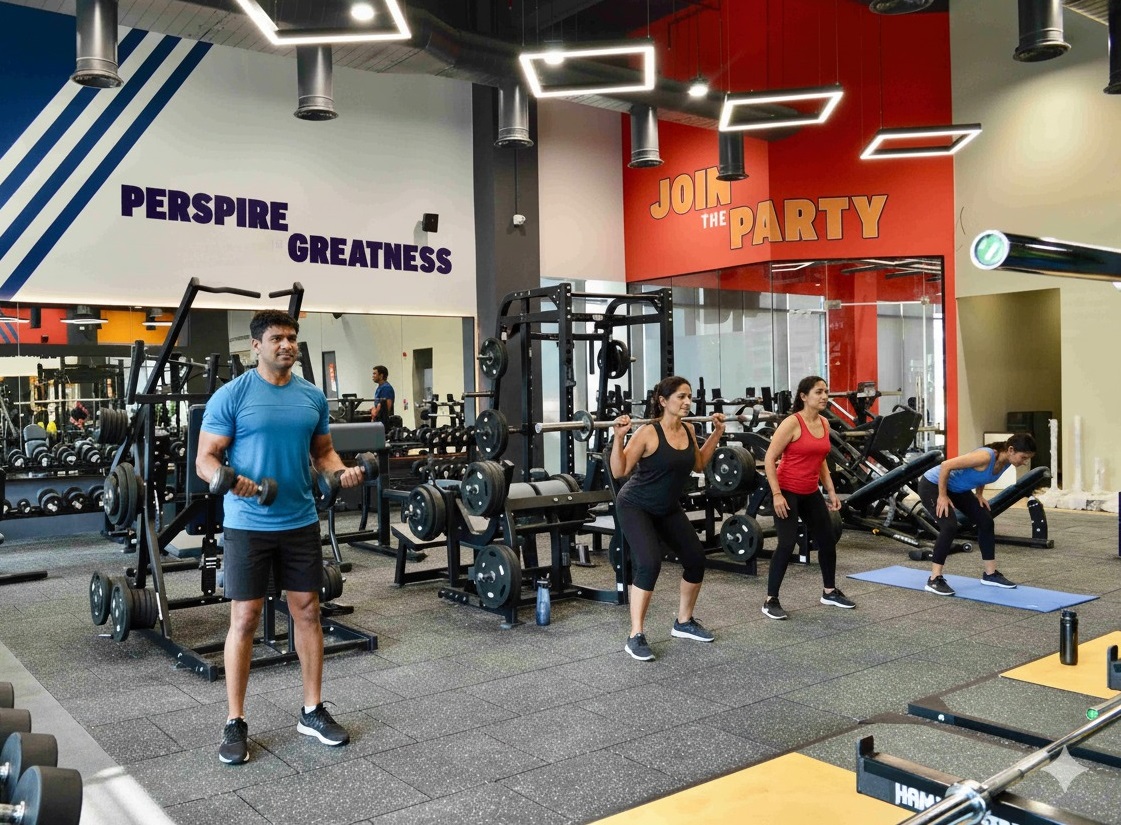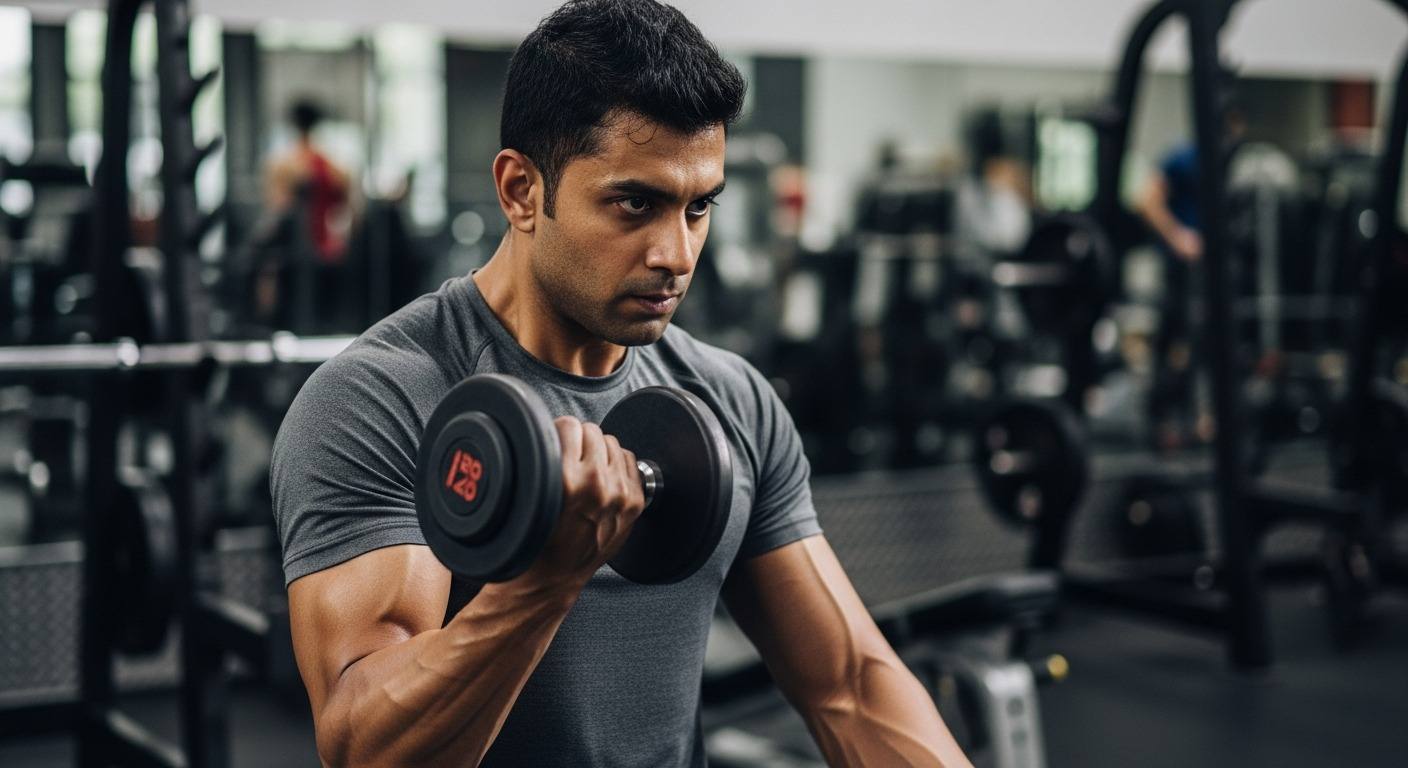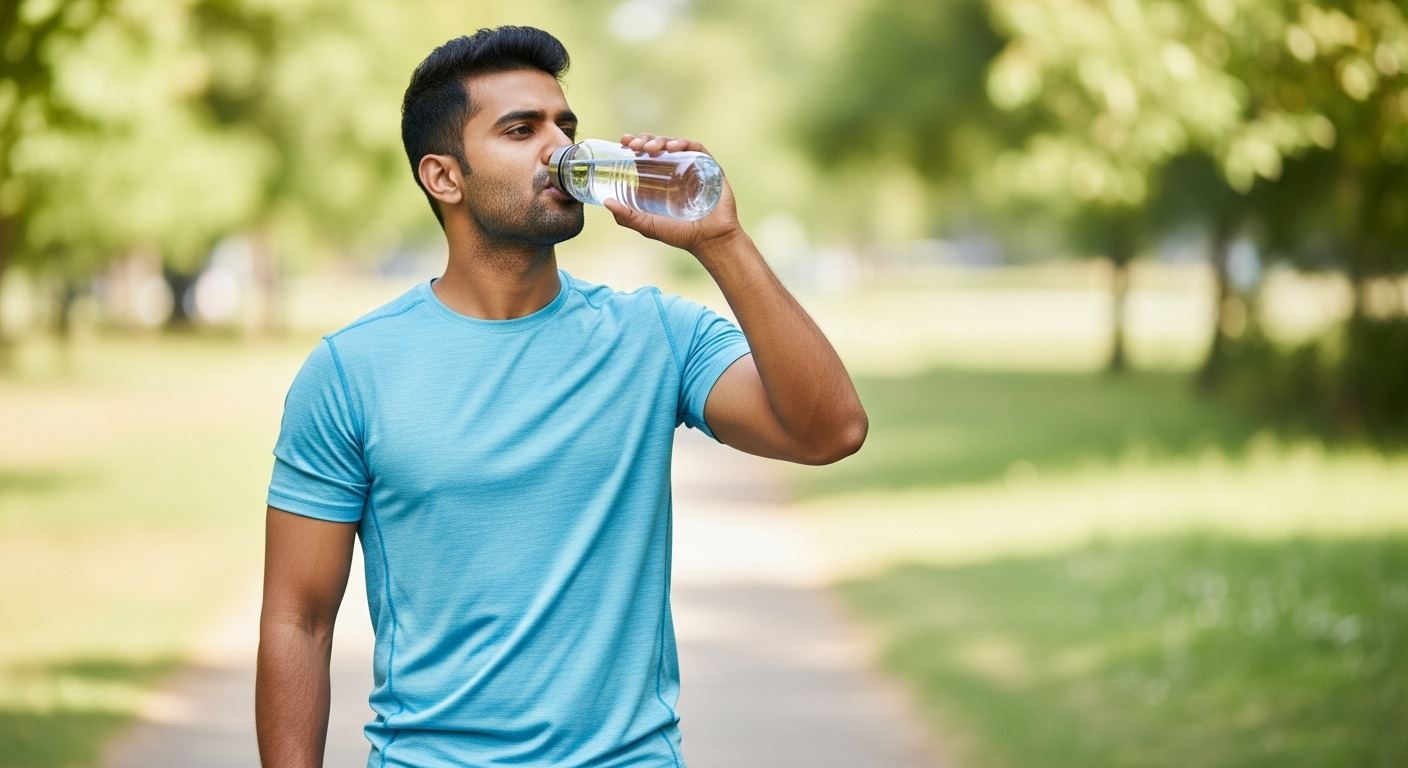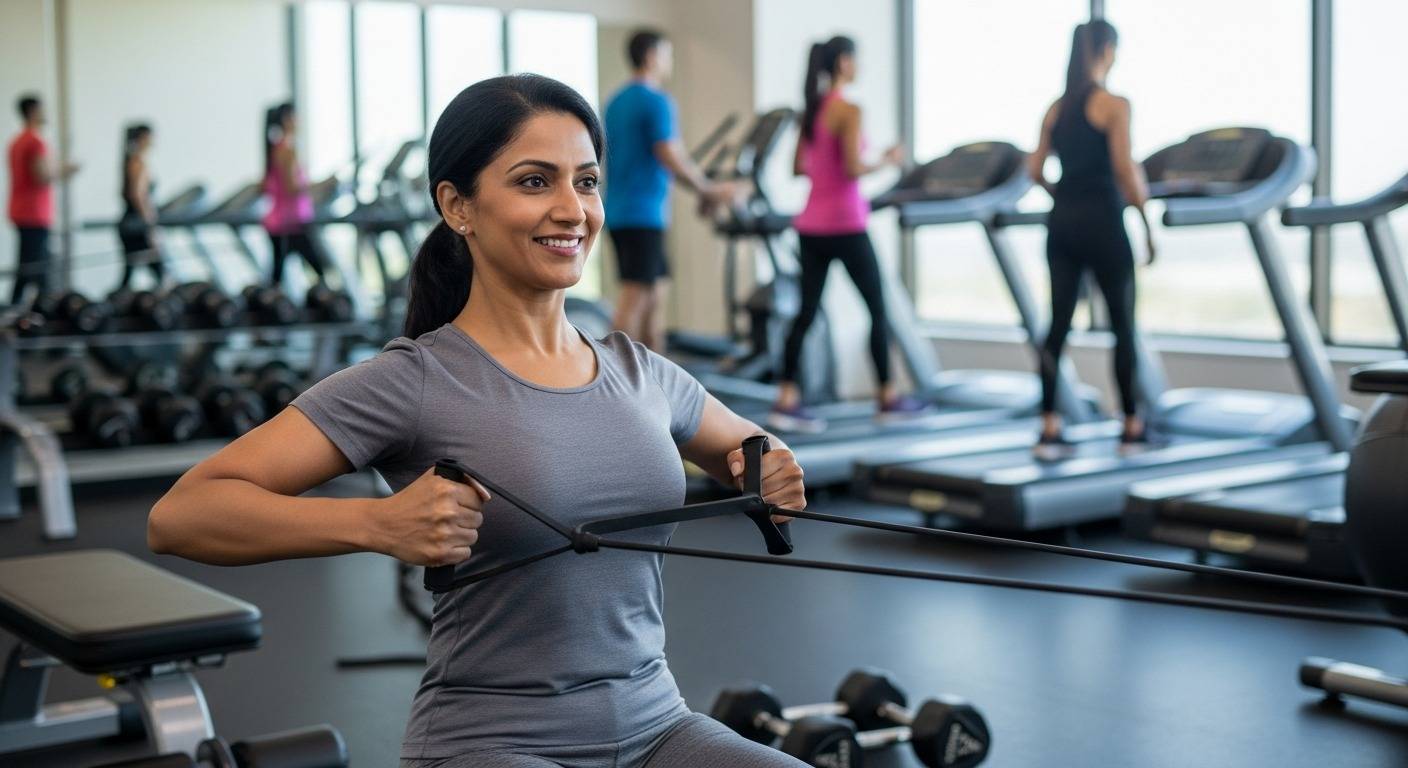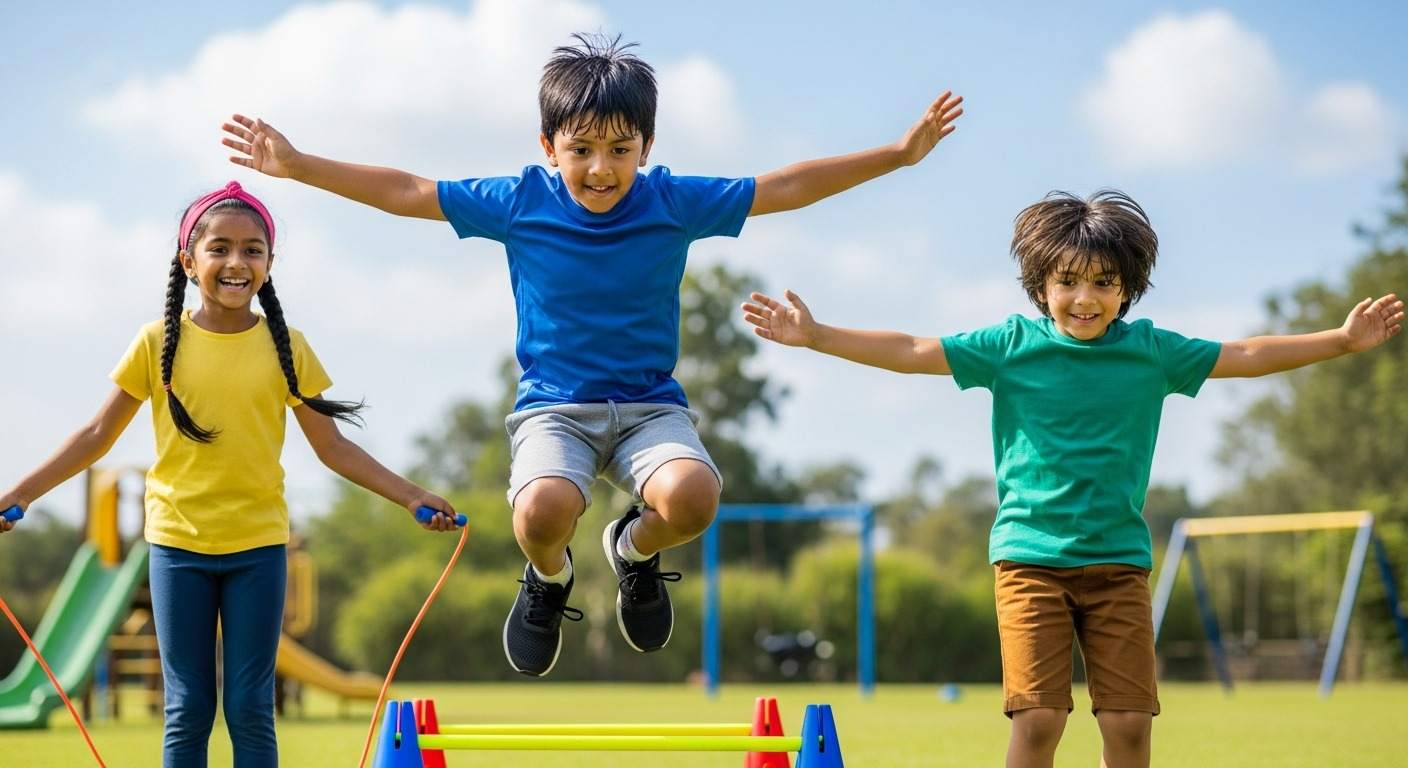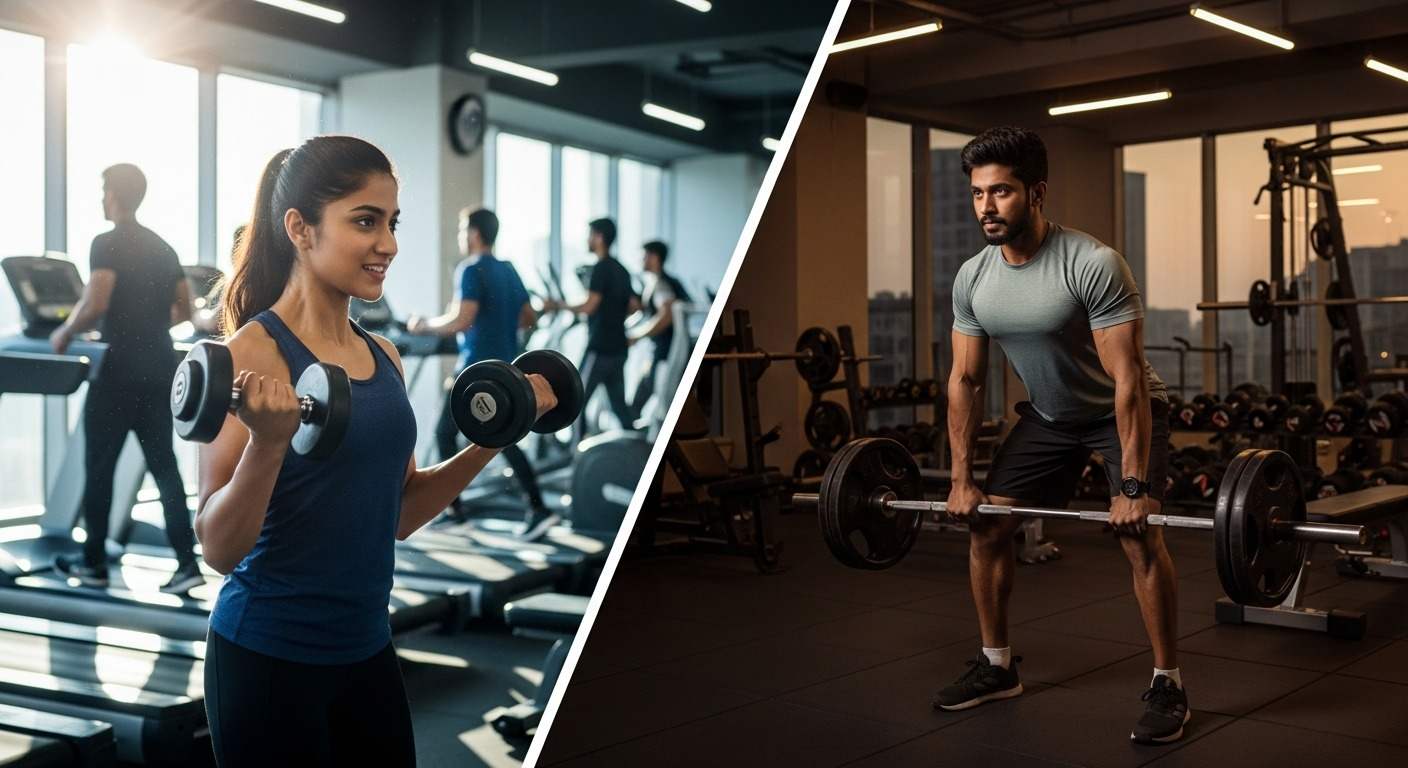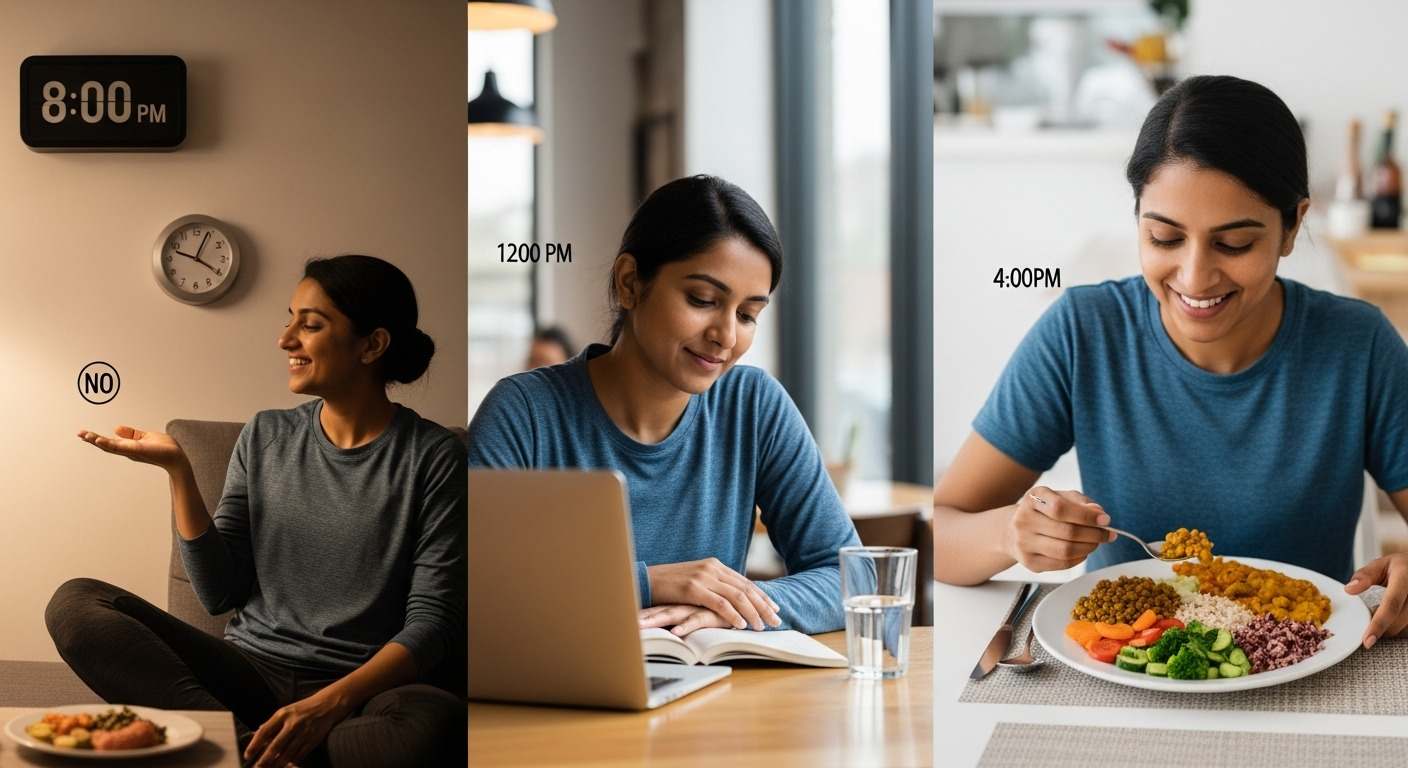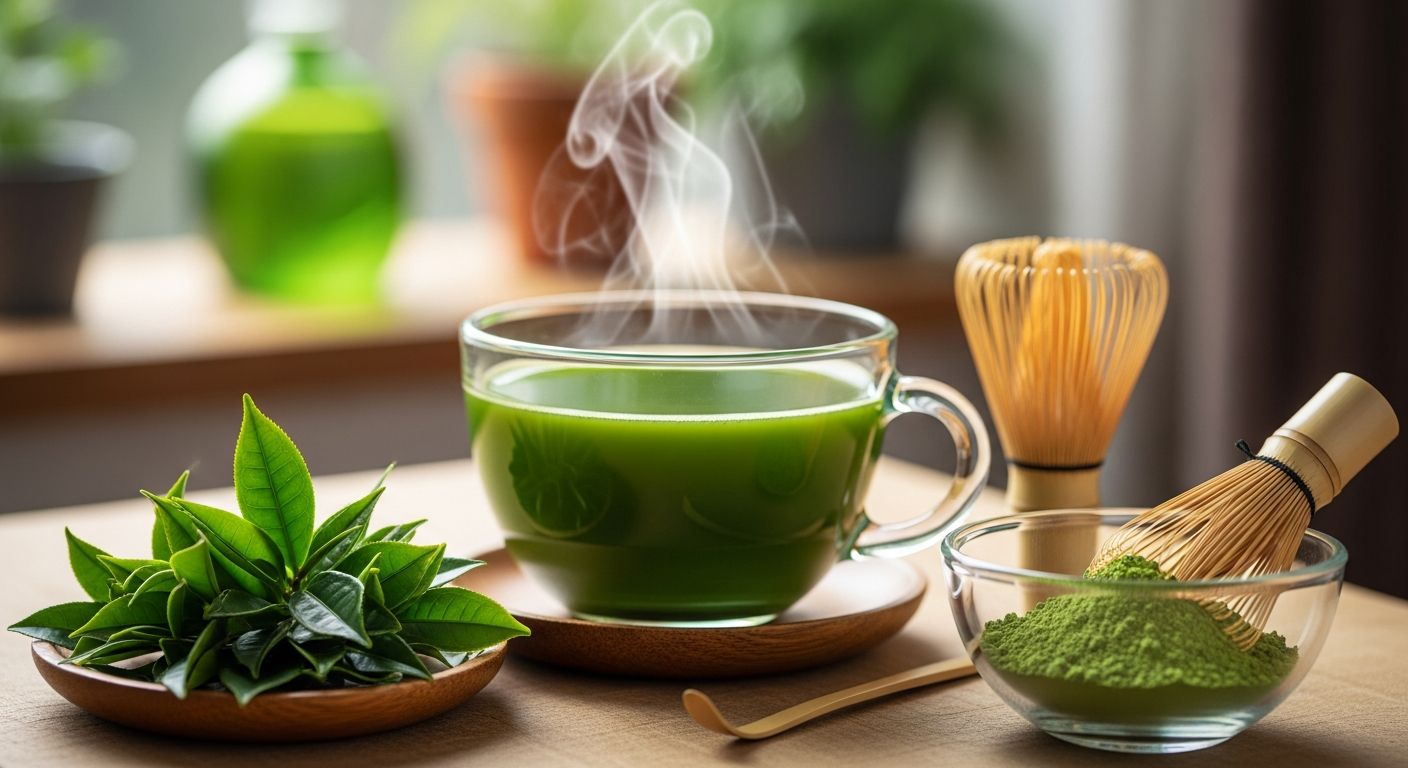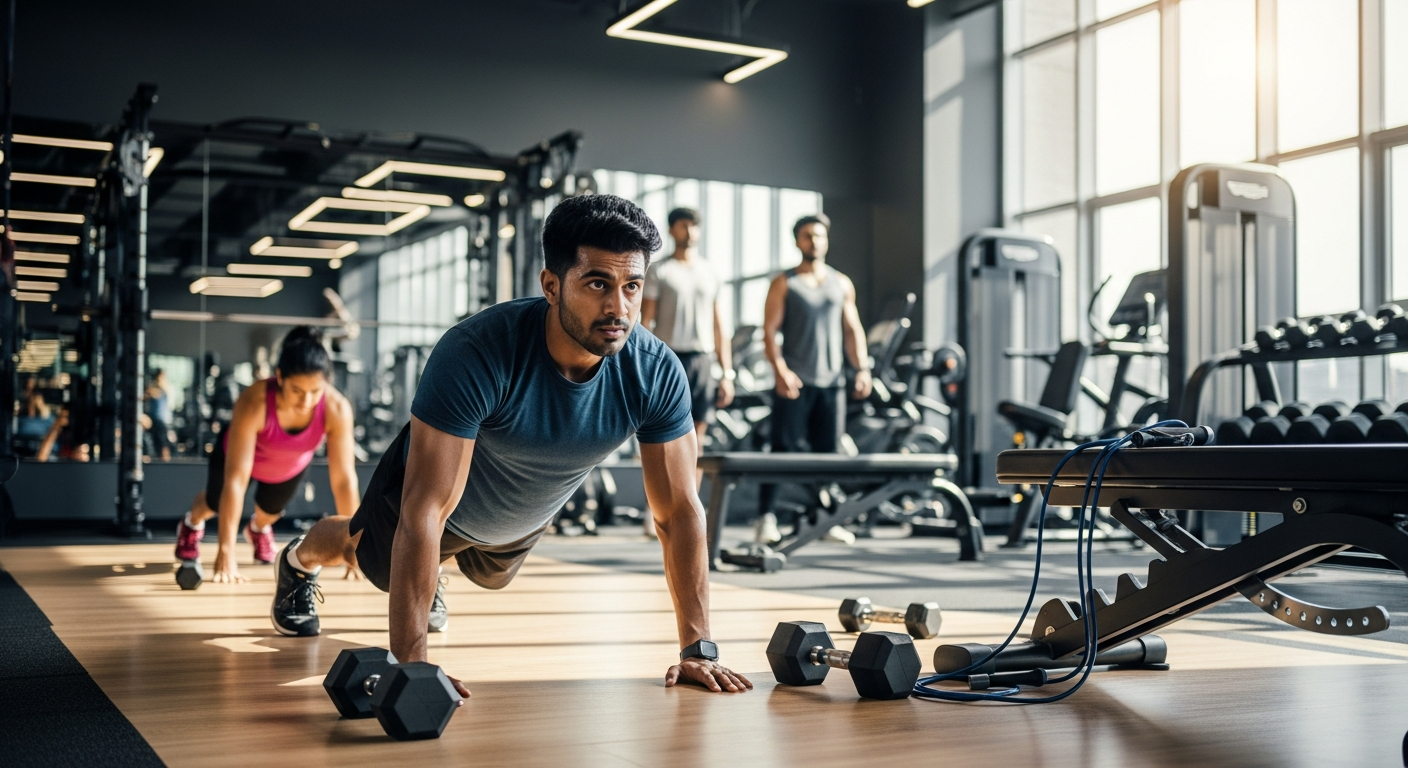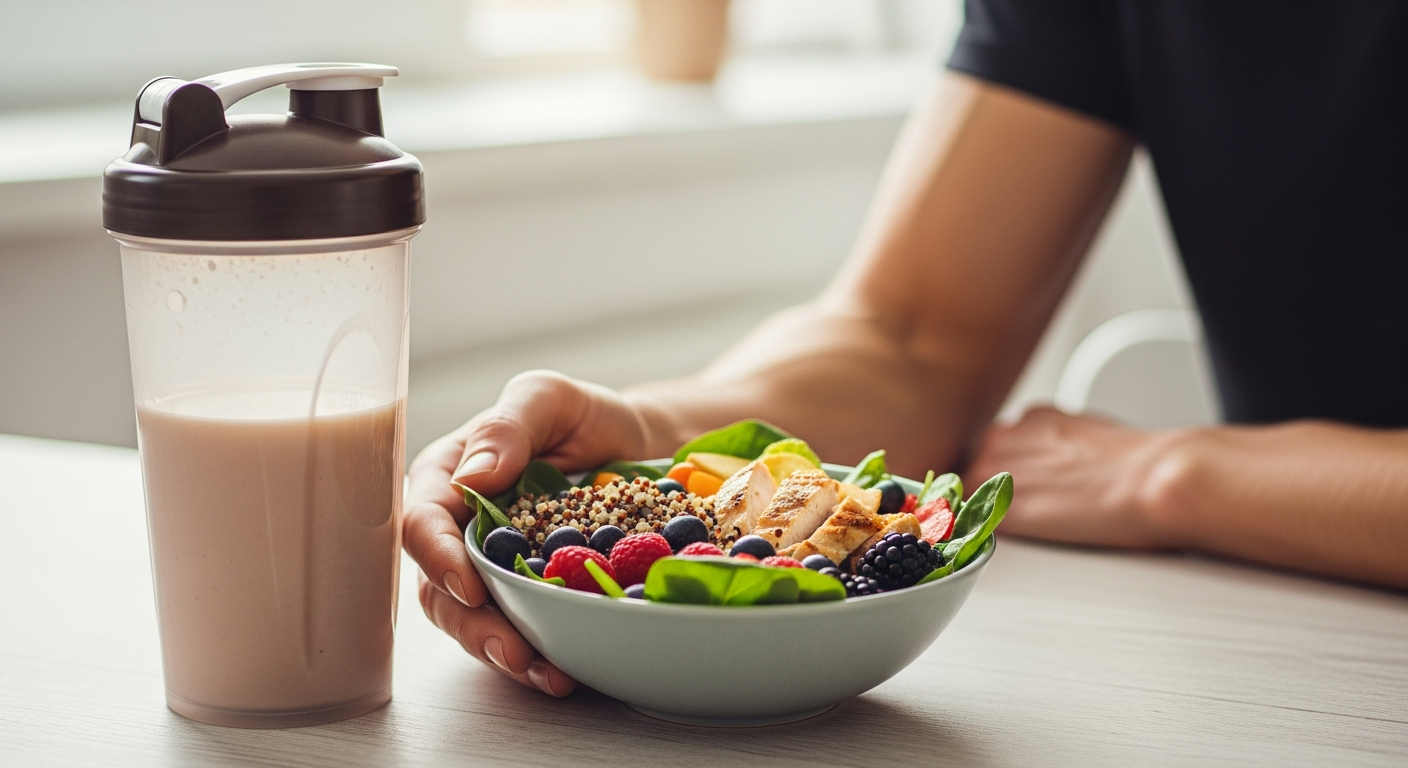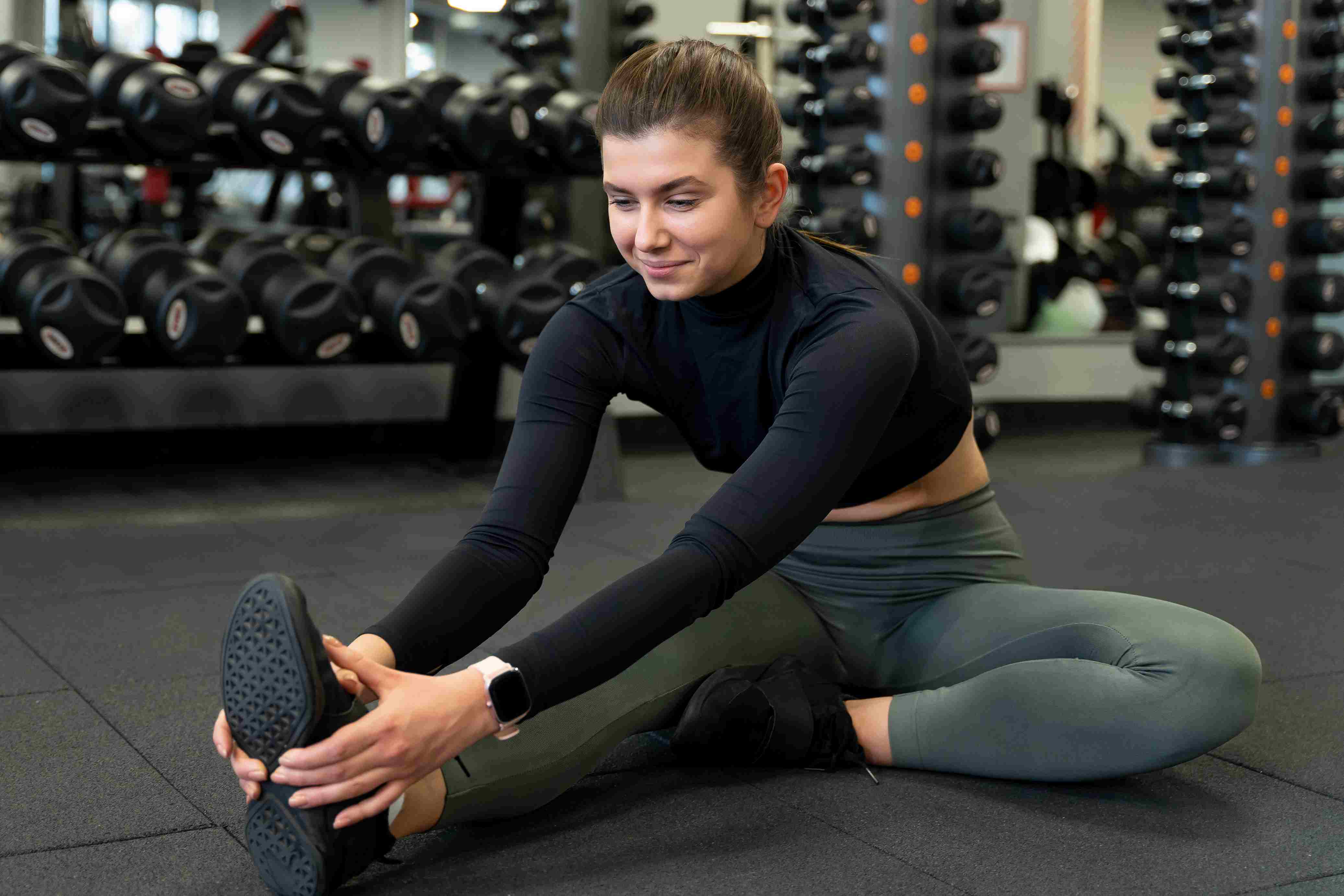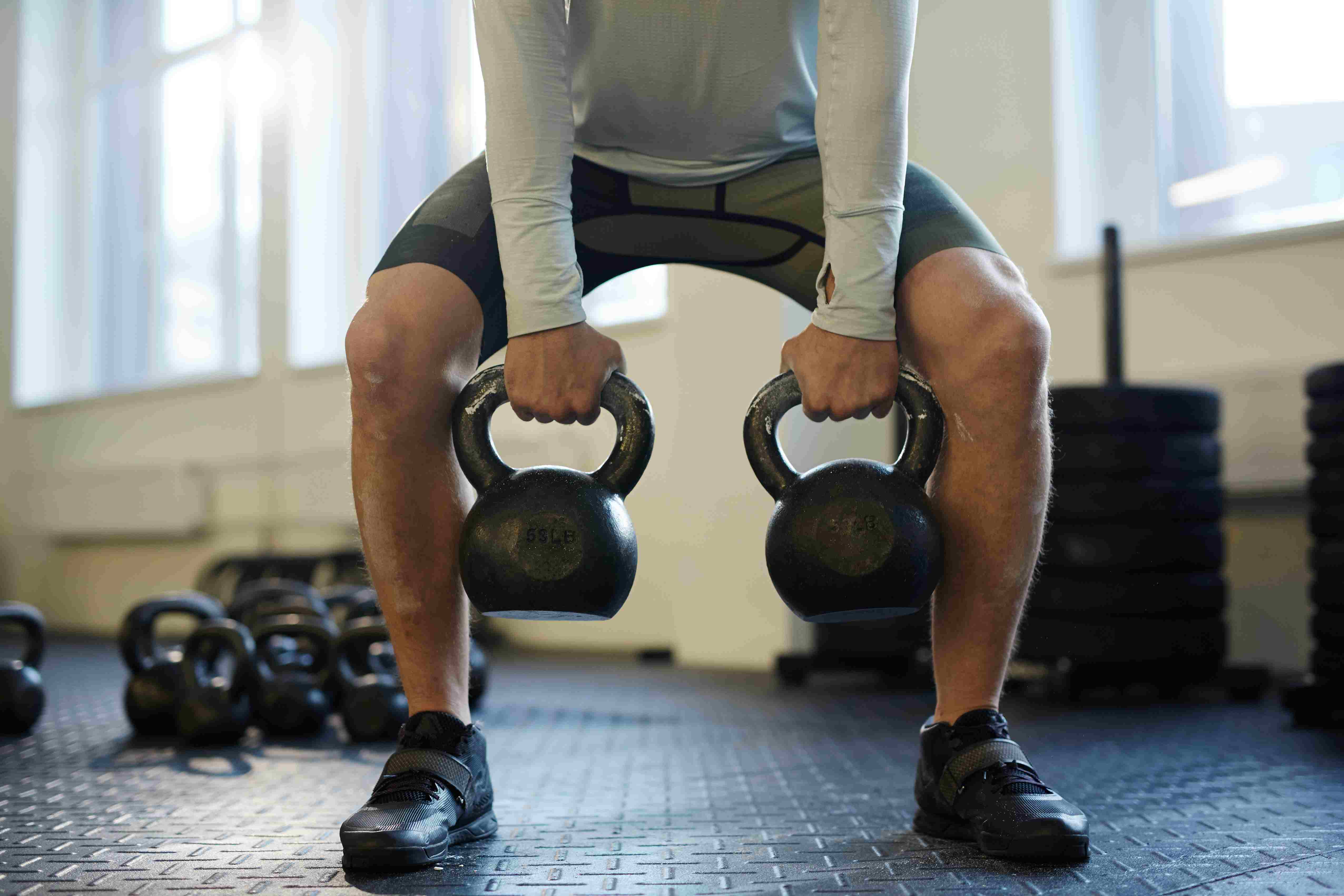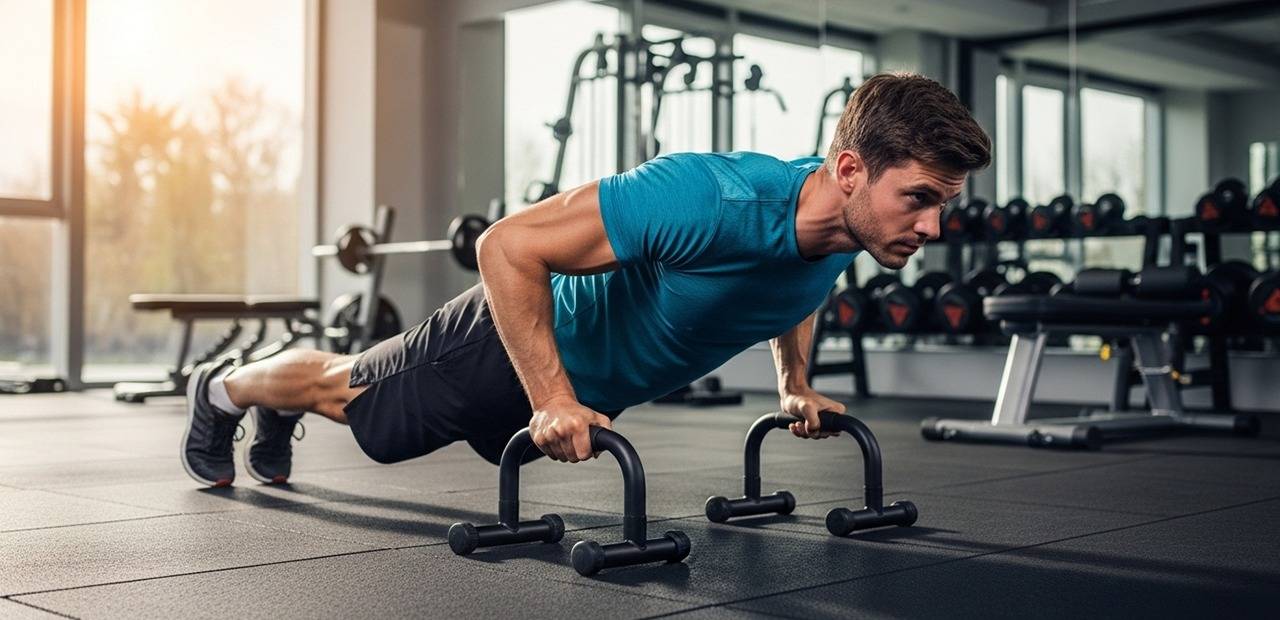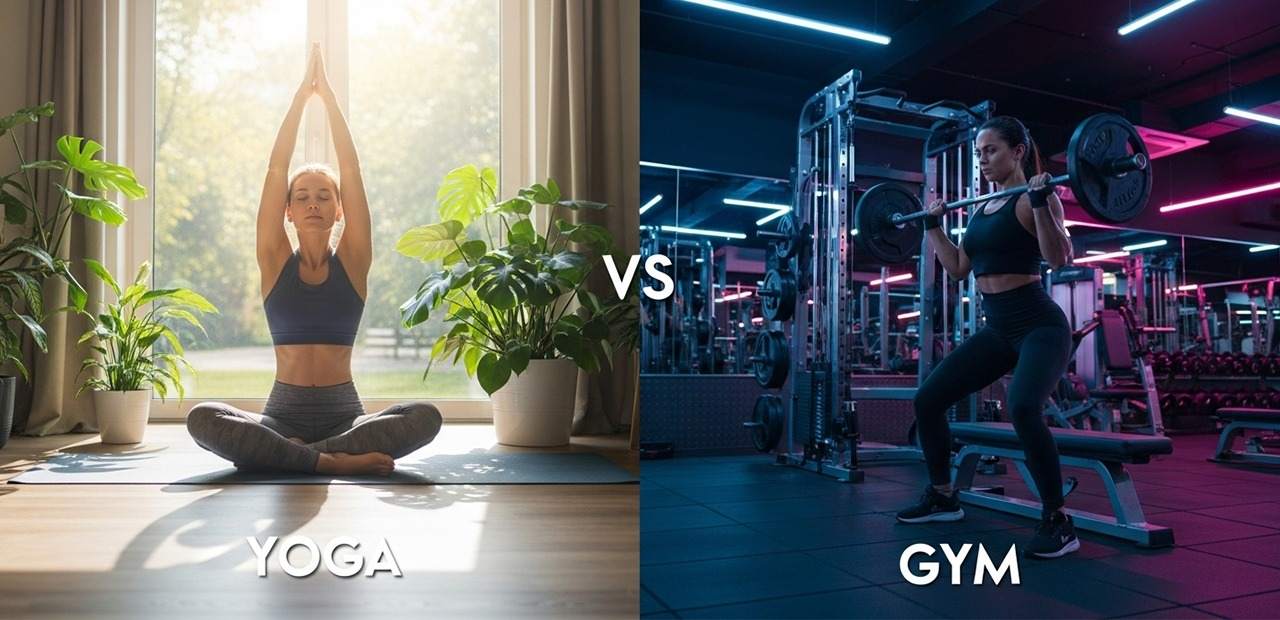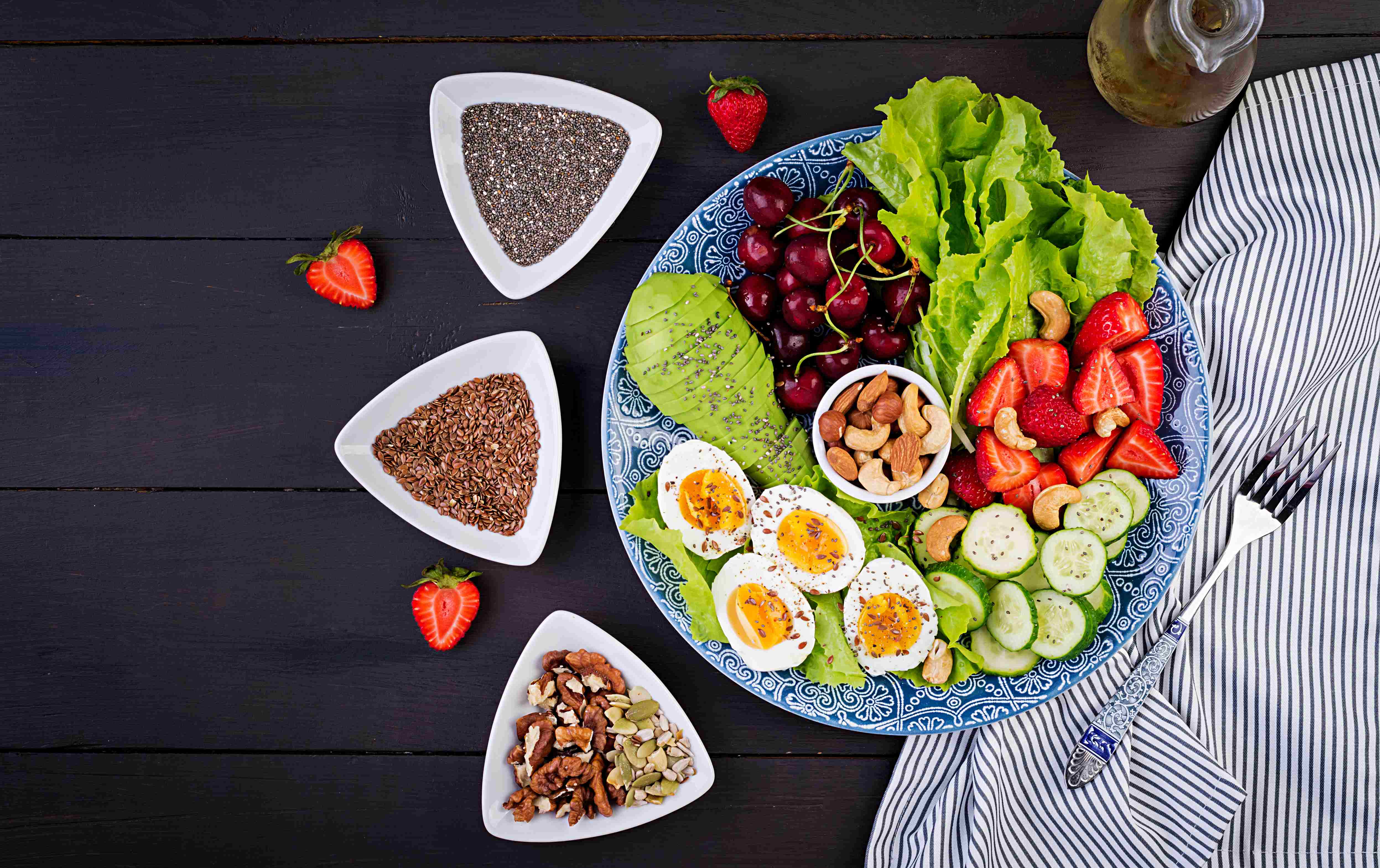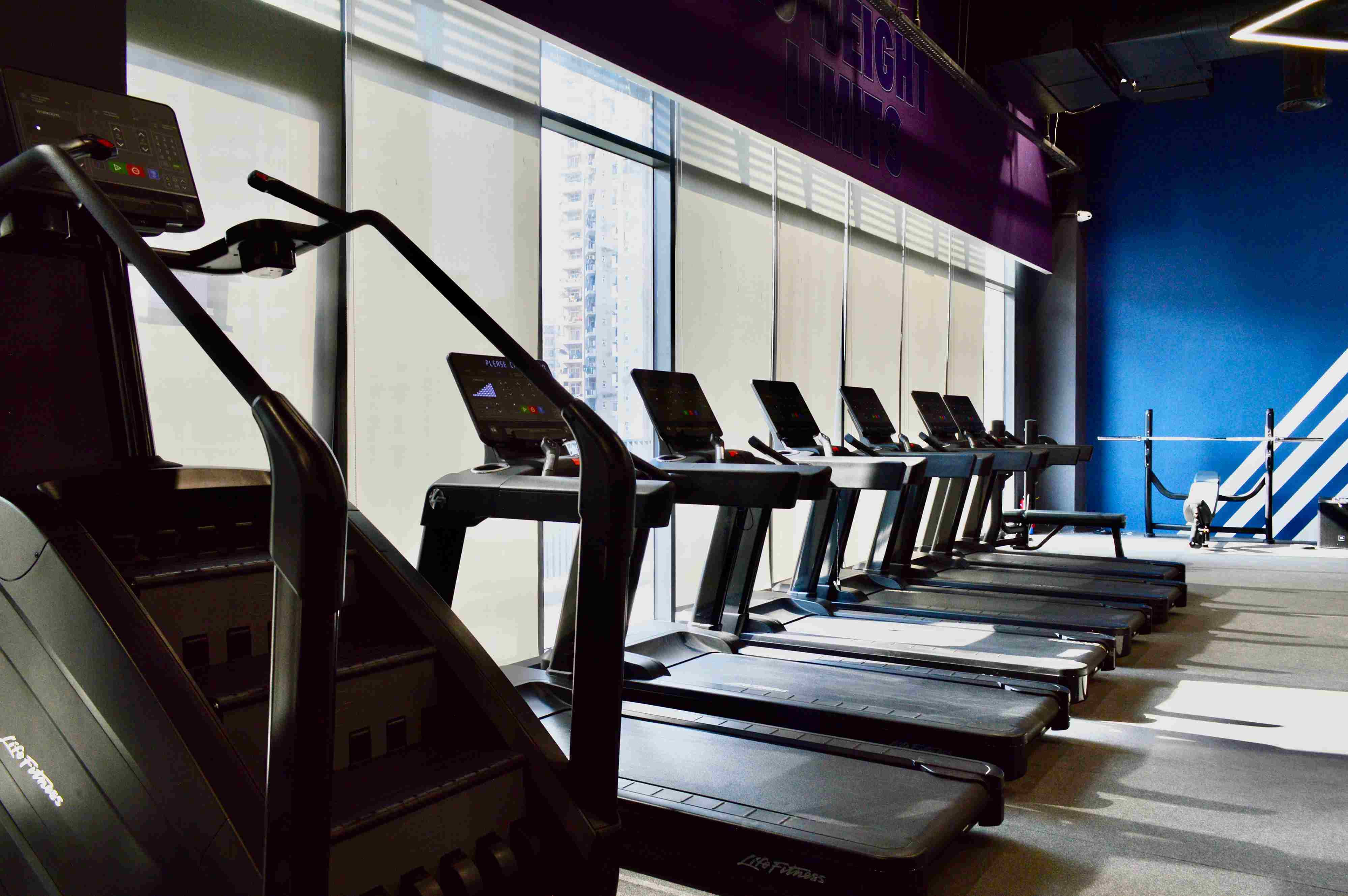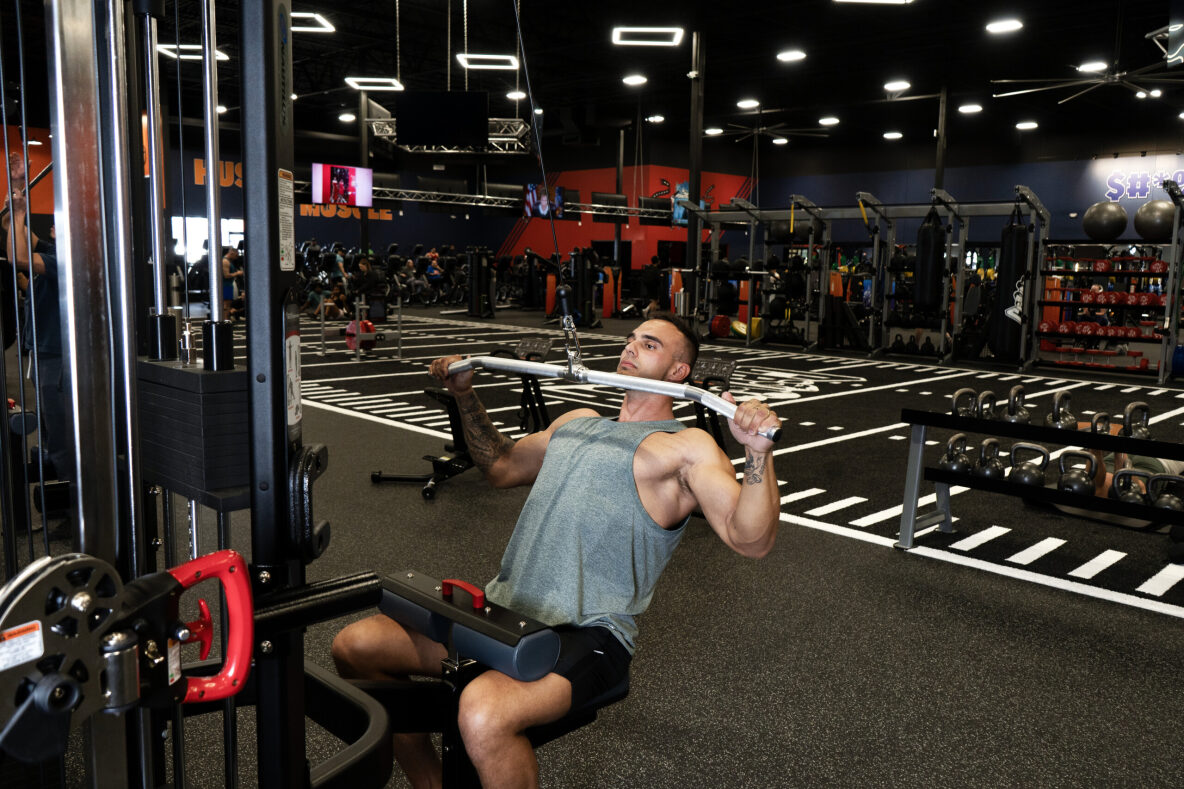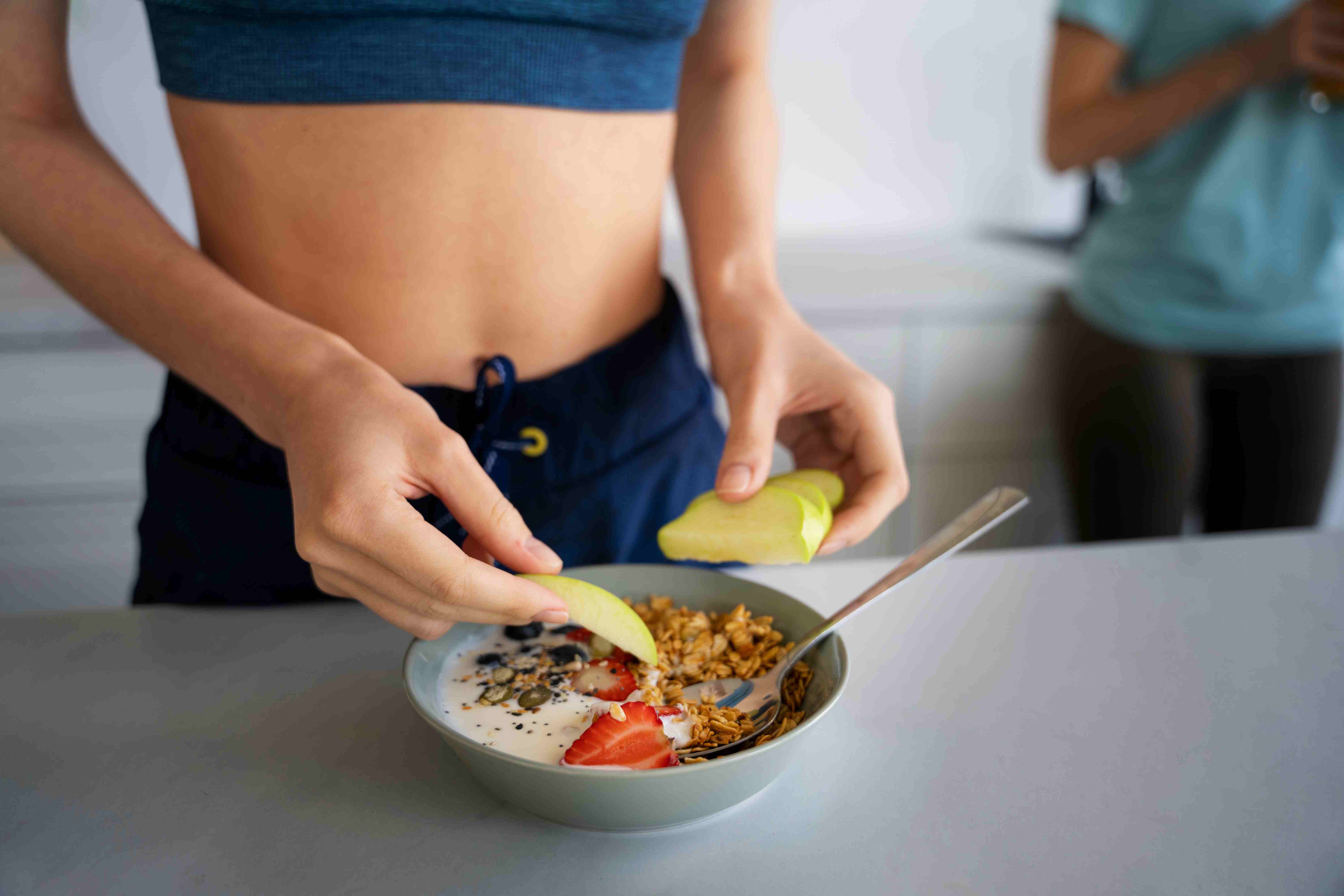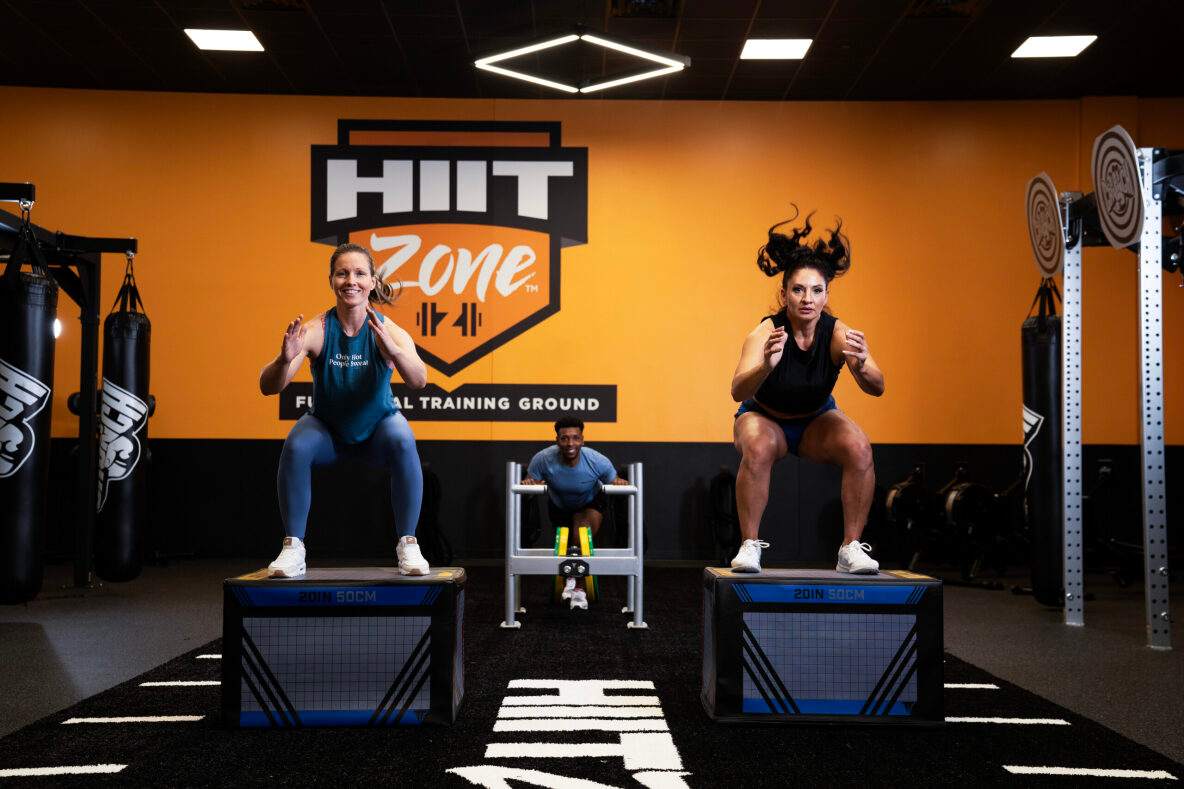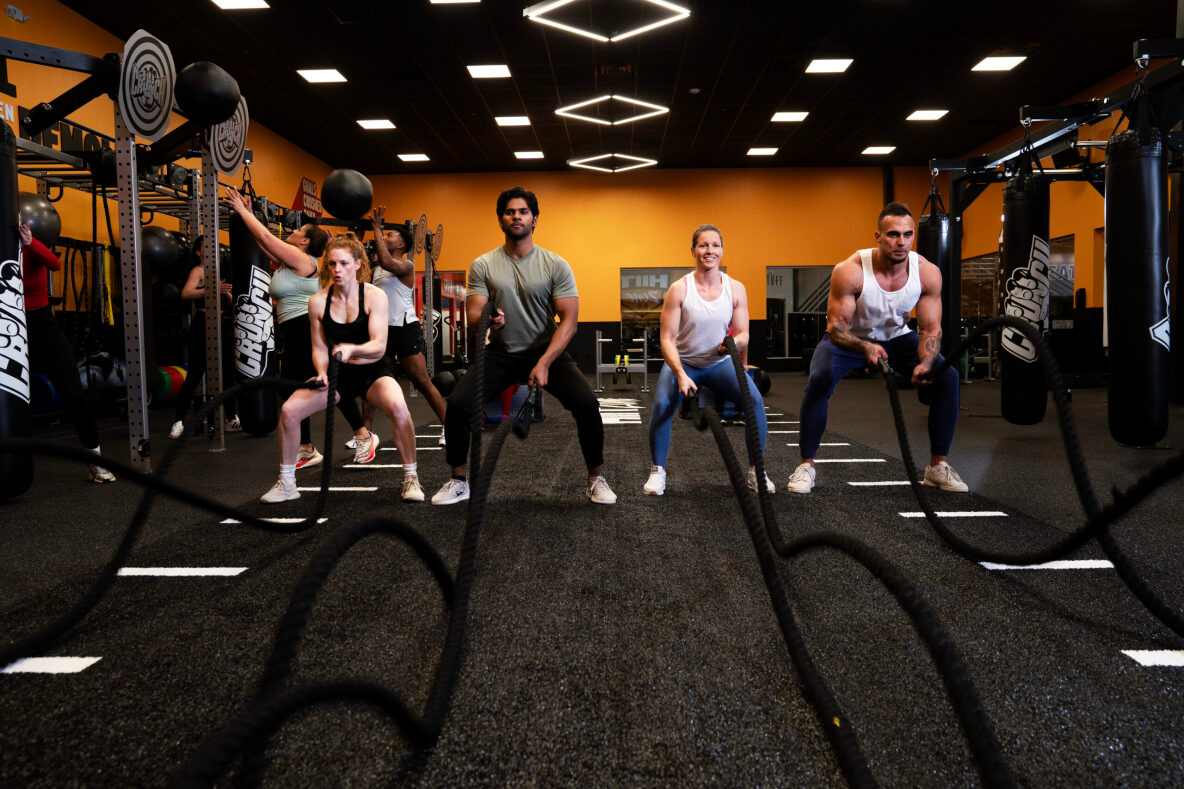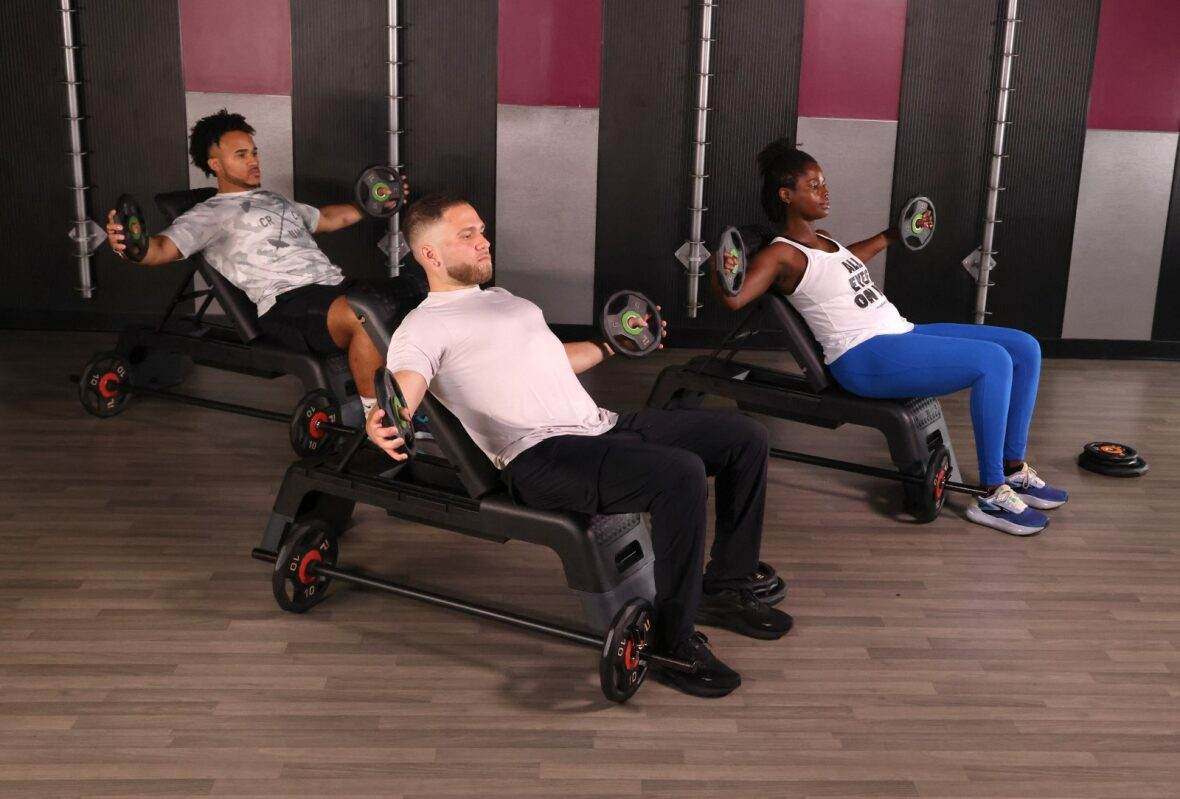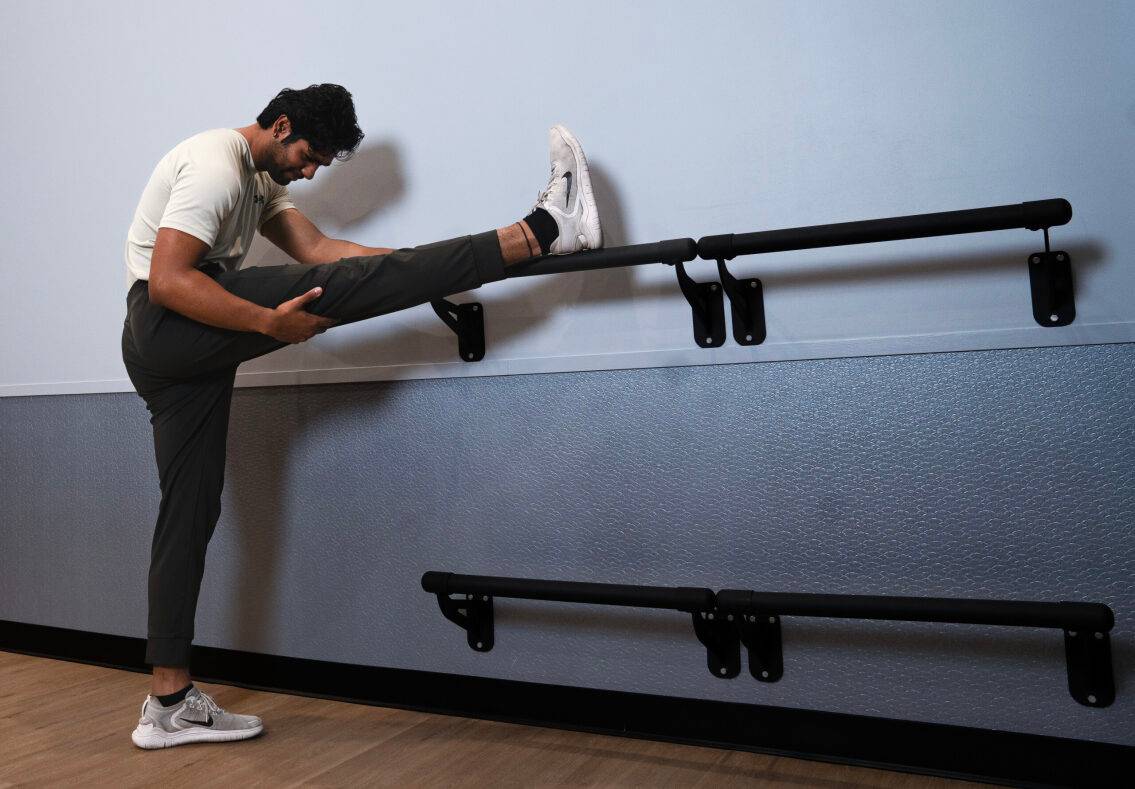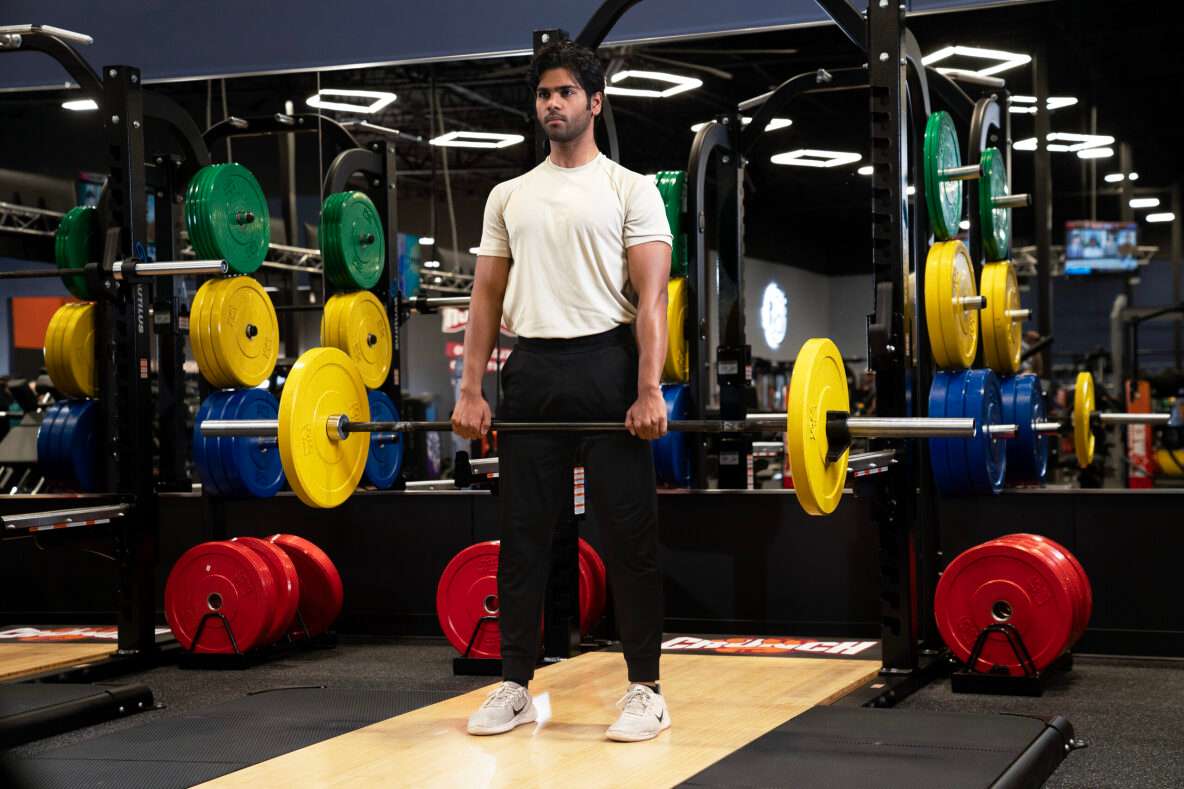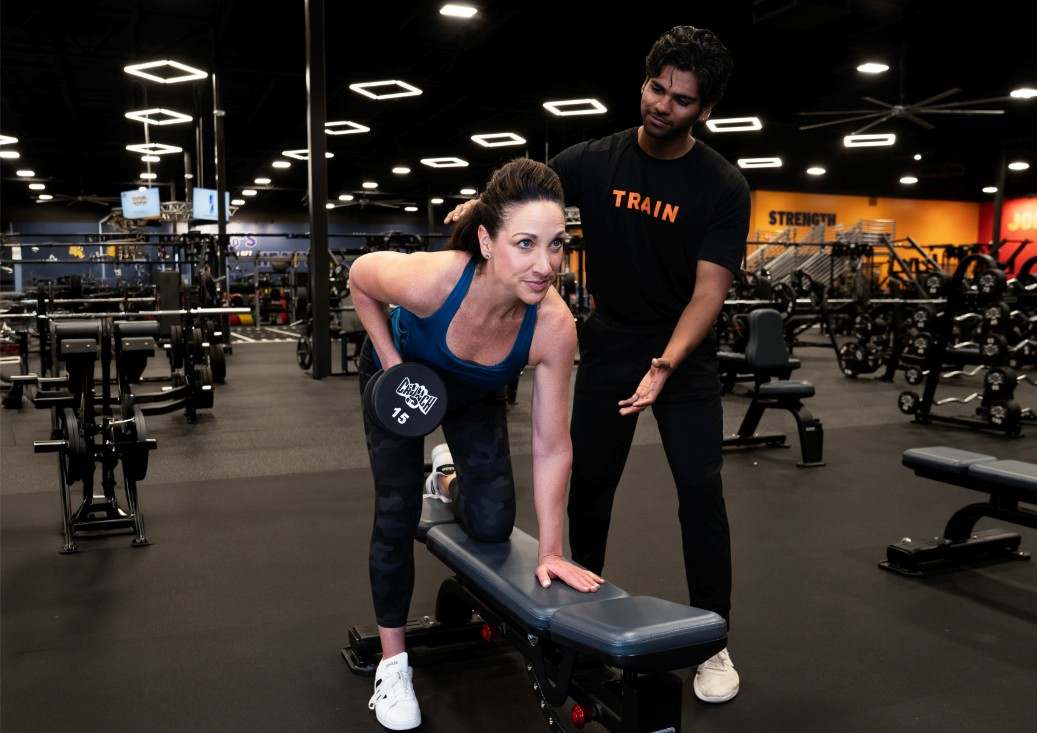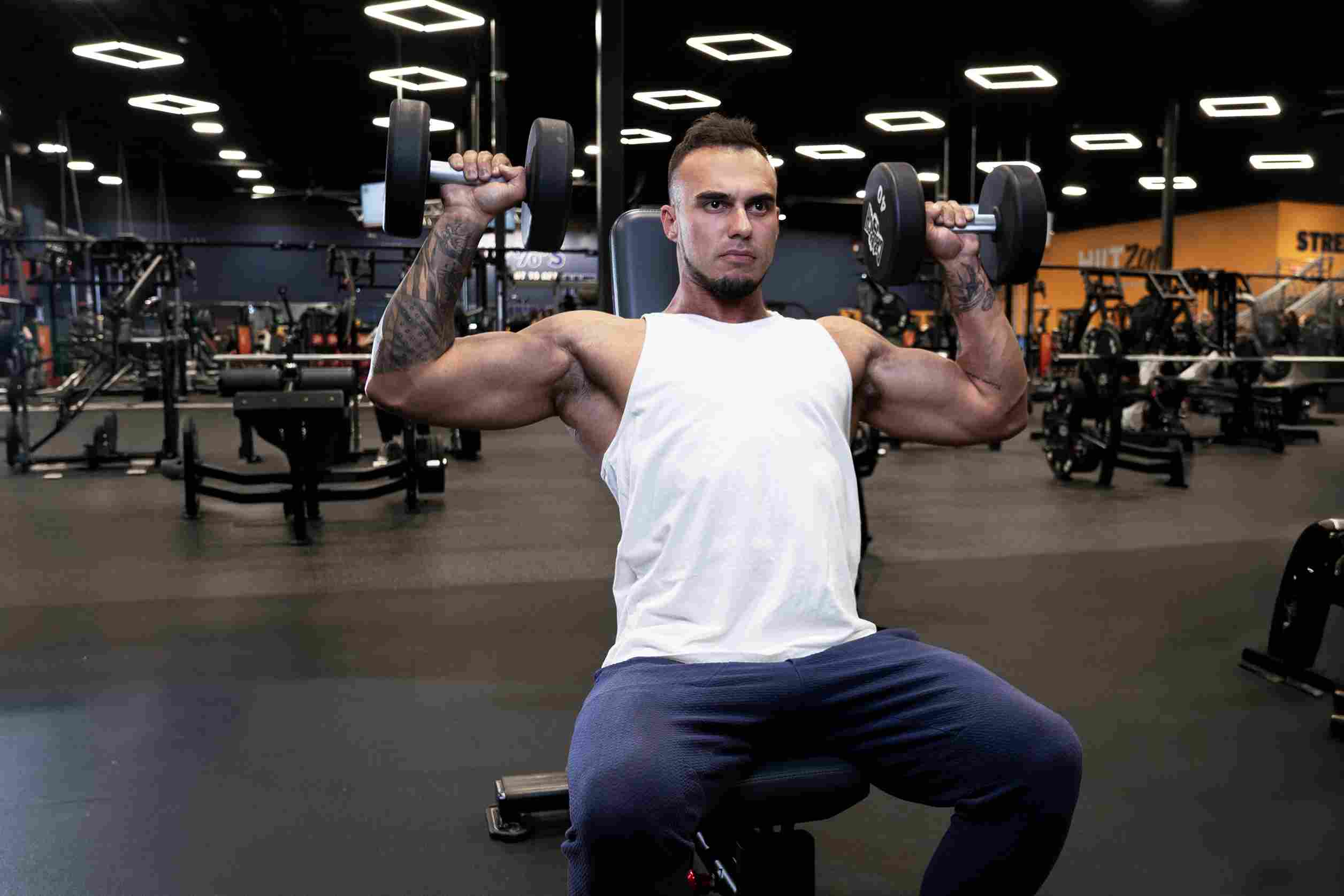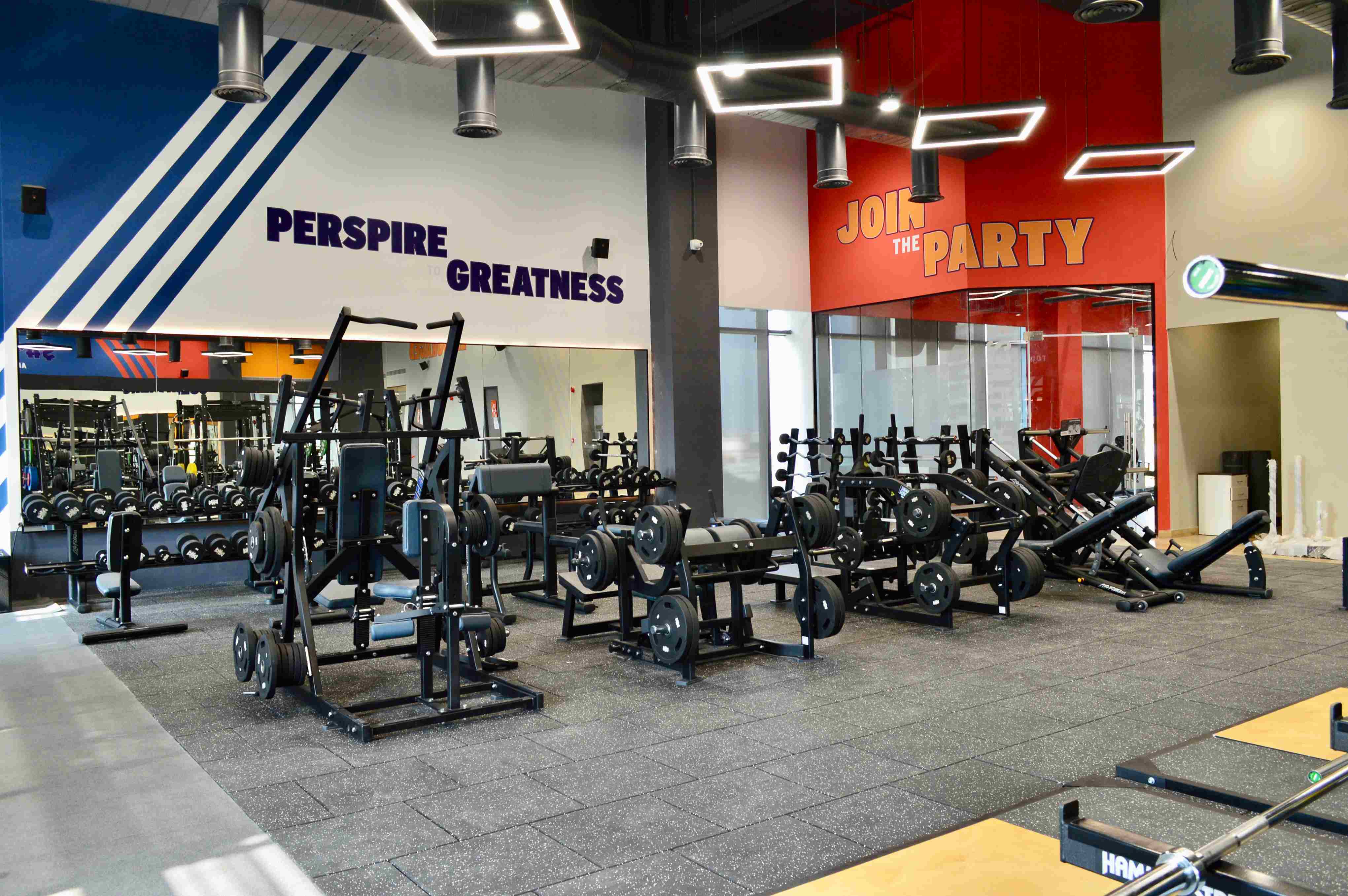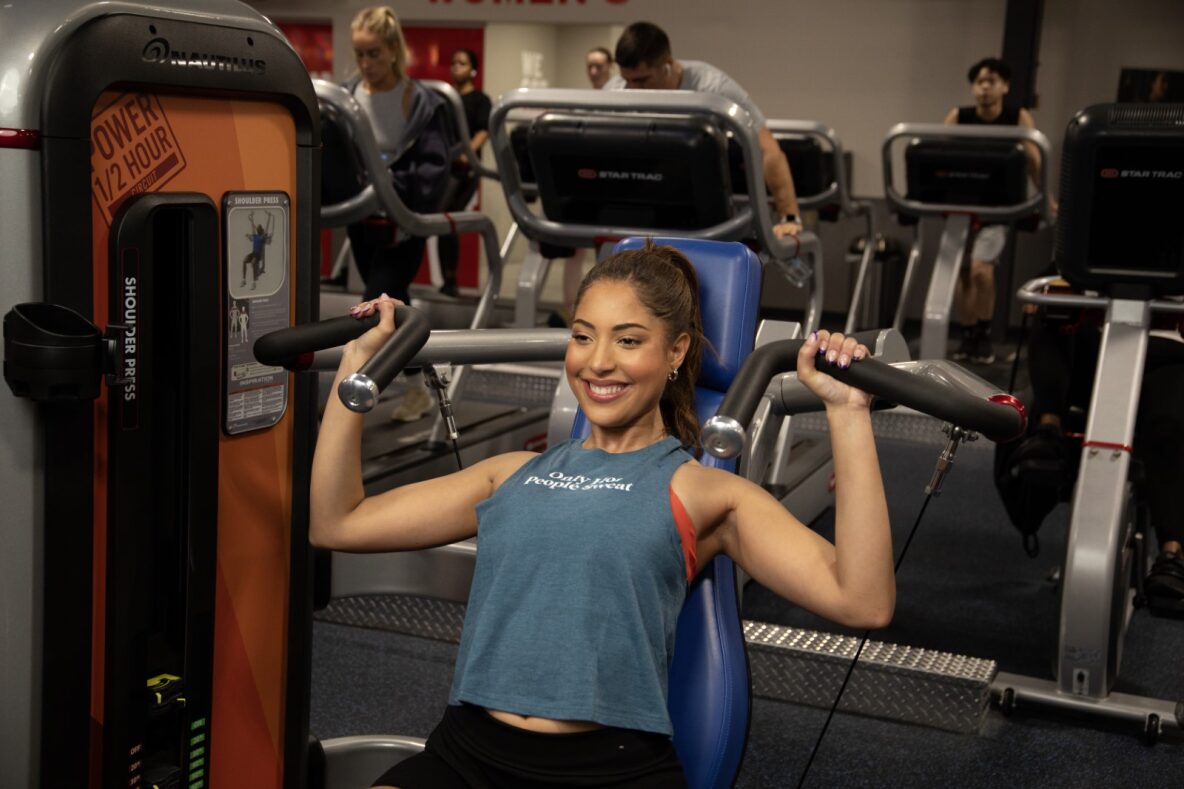- #No Judgments
Hydration Hacks: Truth About How Much Water You Should Drink
We have all been told the golden common sense rule of Hydration, "Drink eight 8-ounce glasses of water a day." The number is quite simple to keep in mind, so the question is whether it is the real benchmark for water intake or not.
Actually, the above-mentioned principle might be a good baseline to start with; however, our bodies differ in the amount of fluids they need. The "one size fits all" method is not quite correct when talking about one's activity, weather, diet, and health.
We are now diving into the real fluid facts, busting the myths, and sharing with you some smart ways of maintaining your body's hydration to the optimum level.
The Myth of the Magic Number
The 8x8 rule (eight 8-ounce glasses), which is often mentioned, is one way of looking at it. But current guidelines tend to suggest more or less total intake of fluids rather than only water.
The U.S. National Academies of Sciences, Engineering, and Medicine pinpointed daily intake of fluids that are sufficient as follows:
- Fluids that would be about 15.5 cups (3.7 liters) a day for men.
- Fluids that would be about 11.5 cups (2.7 liters) a day for women.
What is even more significant is that these quantities are the sums of all the fluids, not just water! Milk, tea, coffee, and water in food (like fruits and vegetables) are all sources of fluids for you.
Your Personal Hydration Equation
Physical Activity
If you engage in a vigorous workout or do some heavy physical labor, your body will lose water through perspiration. In this case of hard and long training or hot weather, you will have to replace the water lost by the body by drinking more fluids. Besides general hydration, electrolyte replacement might also be required.
Environment
For instance, hot and humid weather or high altitudes would make you lose more fluids from your body and you would need to take a higher amount of fluids.
Medical Condition
Fever, vomiting, or diarrhea are times when the body loses fluids in an abnormal manner, which then must be replenished. Besides those conditions, the fluids must also be replenished for pregnant and lactating mothers.
Diet
An excess of salt (sodium) or fiber in one's diet can lead to greater thirst. Otherwise, water-rich fruits and vegetables may represent a considerable source of fluids.
The best indicator: Listen to your body
The easiest and most dependable method for determining your hydration status is to focus on these two aspects.
Thirst
For the majority of healthy individuals, thirst is a very good signal. Drink when you feel thirsty.
Urine Color
The color of your urine should be checked. Yellow water is the best indicator of a good state of hydration. If it is dark yellow or amber, it is very likely that you need to drink more. If it is always colorless, it means that you might be drinking too much (a rare but still possible problem, especially for endurance athletes).
Pro Hydration Hacks to Drink More Water
In case your habit of sipping is out of your mind constantly, these practical strategies will help you make hydration a healthy habit:
1. Make it Accessible
- Carry Your Canteen: Buy a reusable water bottle that you love and keep it with you at all times; it can be at your desk, in your car, or by your bedside.
- Location, Location, Location: You can put glasses or pitchers of water in the most visited areas of your home (home office, bedroom nightstand) so that you do not have to remove the "friction" that stops you from drinking.
2. Flavor It Up
- Naturally Infused: If plain water just strikes you as too boring, then discontinue the sugary drinks and go for a natural infusion. Cucumber and mint, lemon and lime slices, or strawberries and basil work well with a variety of choices.
- Consider the Bubbly: Be it any soda, suffuse it with the cool charm of sparkling water. If you desire magical char and a little fizz, try the unflavored or naturally flavored types.
3. Time Your Sips
- Morning Ritual: Drink a full glass of water straight after waking up to rehydrate your body after a night.
- Mealtime Rule: Become a person who drinks water before and during meals by starting this habit now.
- Set Reminders: Whether it is with your phone or a smart bottle, you can set reminders on an hourly basis to take a sip, especially if you tend to get lost in work.
4. Eat Your Water
Think of it this way: about 80% of your water intake is from such foods. Add water-rich veggies to your diet:
- Fruits: Watermelon, strawberries, cantaloupe, peaches, oranges.
- Vegetables: Cucumber, lettuce, celery, tomatoes, bell peppers.
- Broths: Drink a vegetable or bone broth that is low in sodium for a warm, calming, and refreshing alternative.
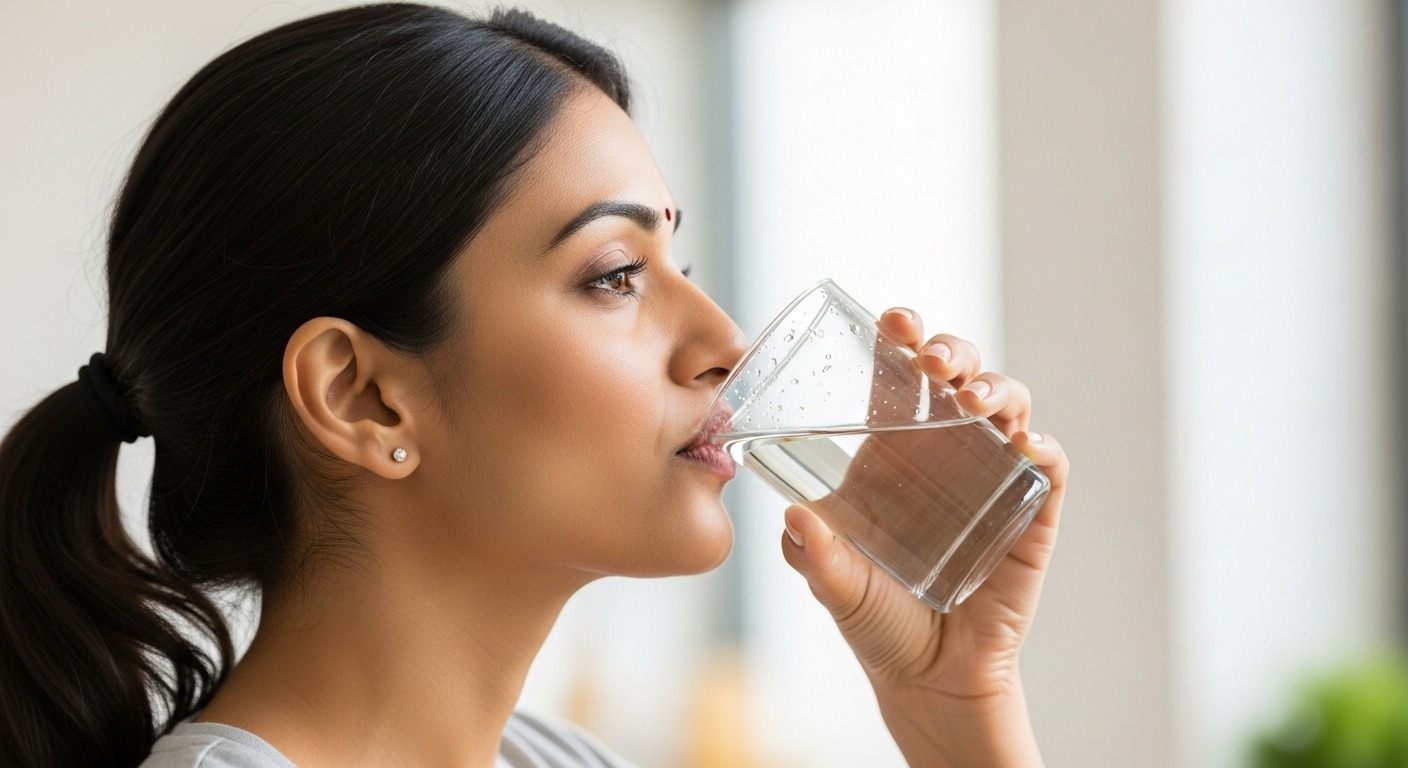
Hydration and Your Energy: More Than Just Thirst
Remember the last time you were tired, had a headache of a dull nature, or were unable to focus? You might probably think first of some caffeine or a quick snack, but very often, the most common culprit is the lack of water.
Mild dehydration, that is a reduction of fluid by 1-2%, may impair both cognitive and physical functions. The ways are as follows:
Brain Fog
Along with the decrease in your fluid levels, so goes your concentration and short-term memory. Being properly hydrated helps keep the blood circulation that is optimum for the brain which in turn is the main factor for the brain to be alert.
Physical Fatigue
Water is the major ingredient in almost every cellular process. The moment you are dehydrated your heart which is the major organ of the blood circulation system has to work with more effort to give you the same amount of blood making you get the feeling of physical tiredness even when you haven't been doing any vigorous activities.
Mood Matters
Research has pointed out the association between insufficient hydration and the condition of being more irritable, anxious, and generally unsatisfied with life. Literally, the easiest thing you can do to get rid of a bad mood is to drink water.
Conclusion
Hydration is essential for almost all the operations of the body, starting from heat regulation and protecting the joints to supporting the brain and the energy of the body.
Don’t go after some random number and concentrate on what your body tells you. Use some simple tricks, and you will naturally keep your hydration level and also feel better.
Frequently Asked Questions (FAQs)
Q1. How much water should I really drink in a day?
The 8 glasses a day are only a recommendation, for the amenity of conversation, applied to each person depending on circumstances such as age, physical activity, climate, and health conditions. After all, the body itself is the best judge.
Q2. Can I count tea, coffee, or juices toward daily hydration?
Almost all fluids such as tea, coffee, and juices enter the body to hydrate. The good option for a refreshment is always water, which has no calories and keeps the temperament from being worn out.
Q3. What are the signs I’m not drinking enough water?
Dryness of the mouth, lack of energy, headaches, dark-colored urine, and low concentration are some symptoms of dehydration.
Q4. Is drinking too much water harmful?
Yes. When a person is overhydrated, the water can mix with the electrolytes in the body making them very low and can lead to hyponatremia which is a dangerous condition.
Q5. Do hydration needs increase during exercise or hot weather?
Yes, of course. The fluid is lost through the process of sweating at a faster rate, so you have to supply the lost fluids by drinking water before, during, and after the physical activity as well as in a hot place.
Explore More Articles
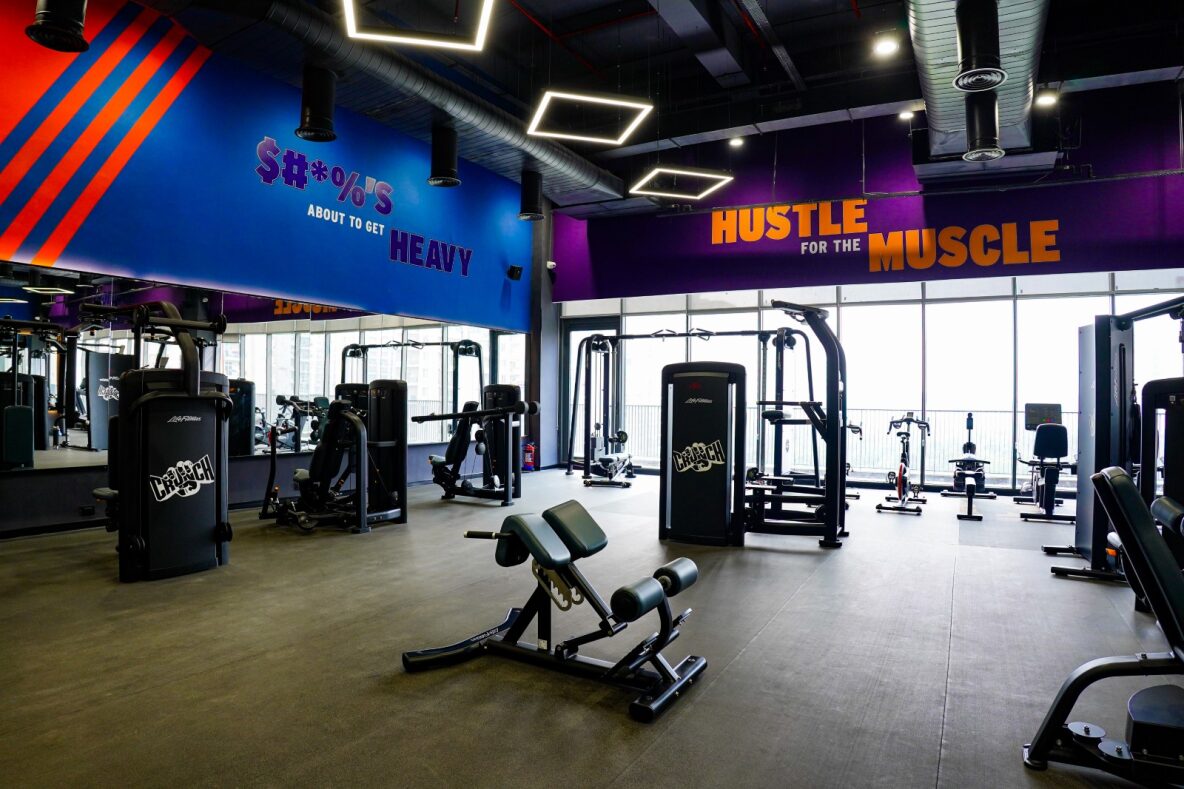
<... Read More
CLOSEST CLUB
Your Local Crunch Noida
SEE OUR MEMBERSHIP OPTIONS

